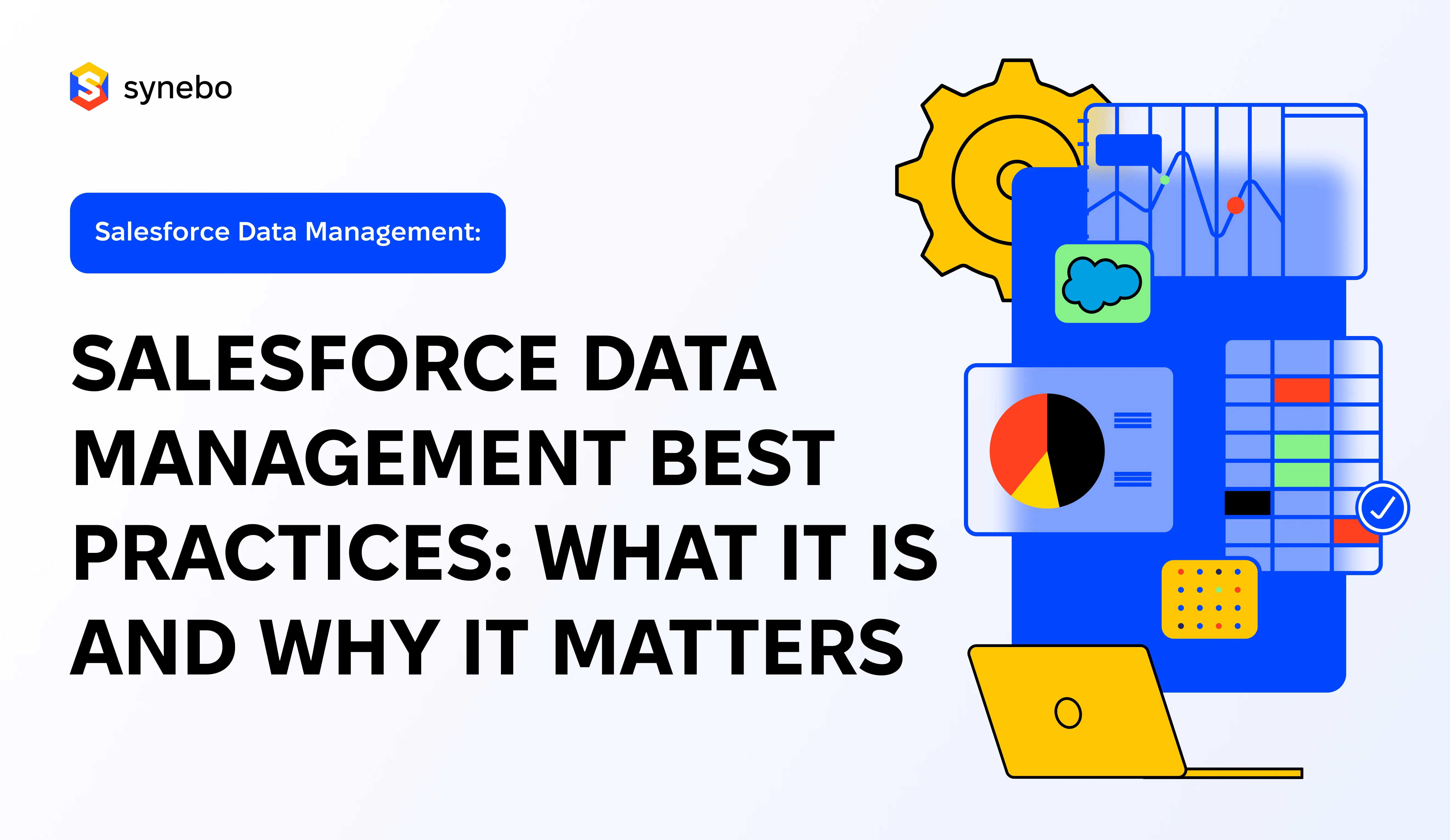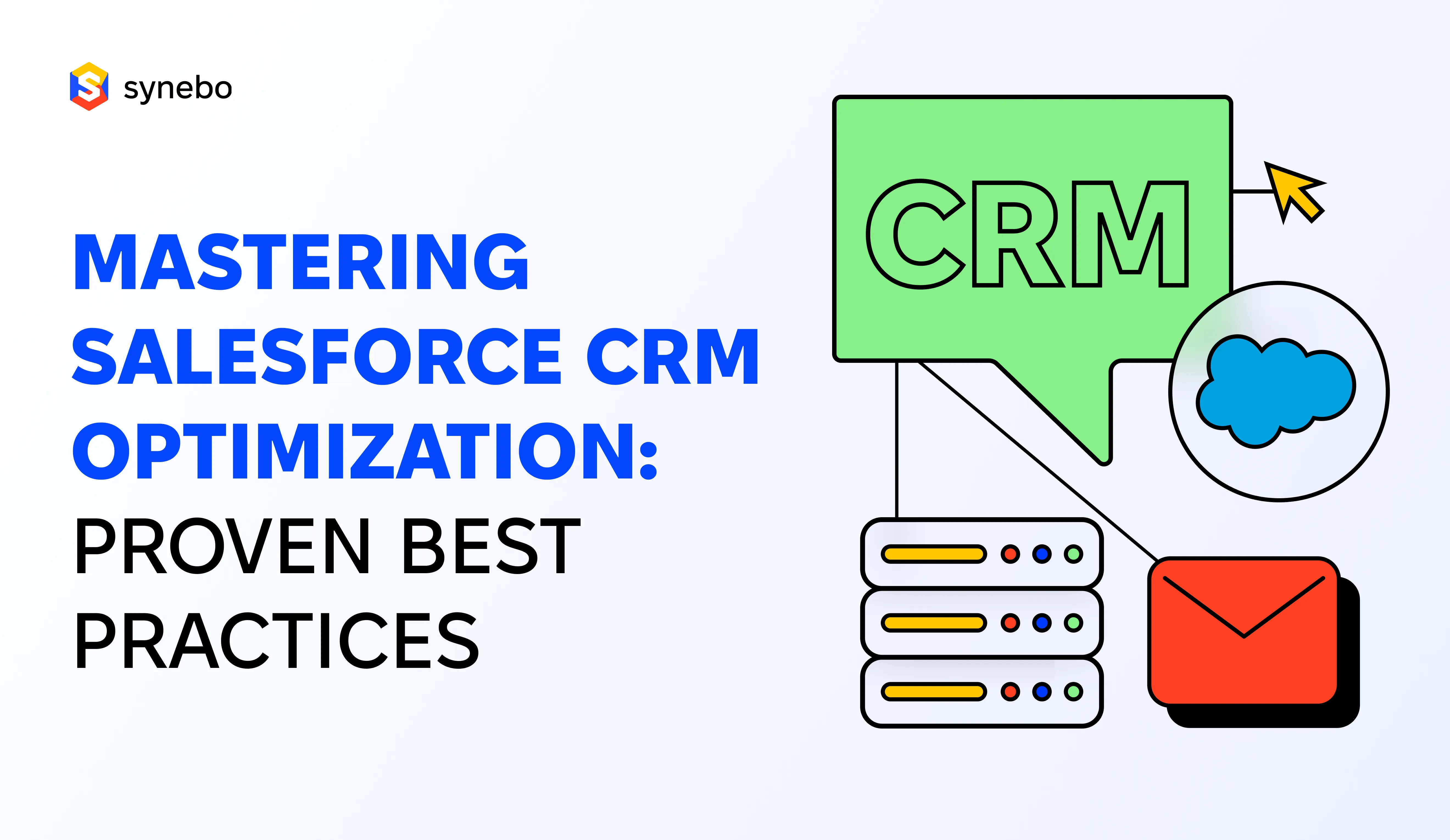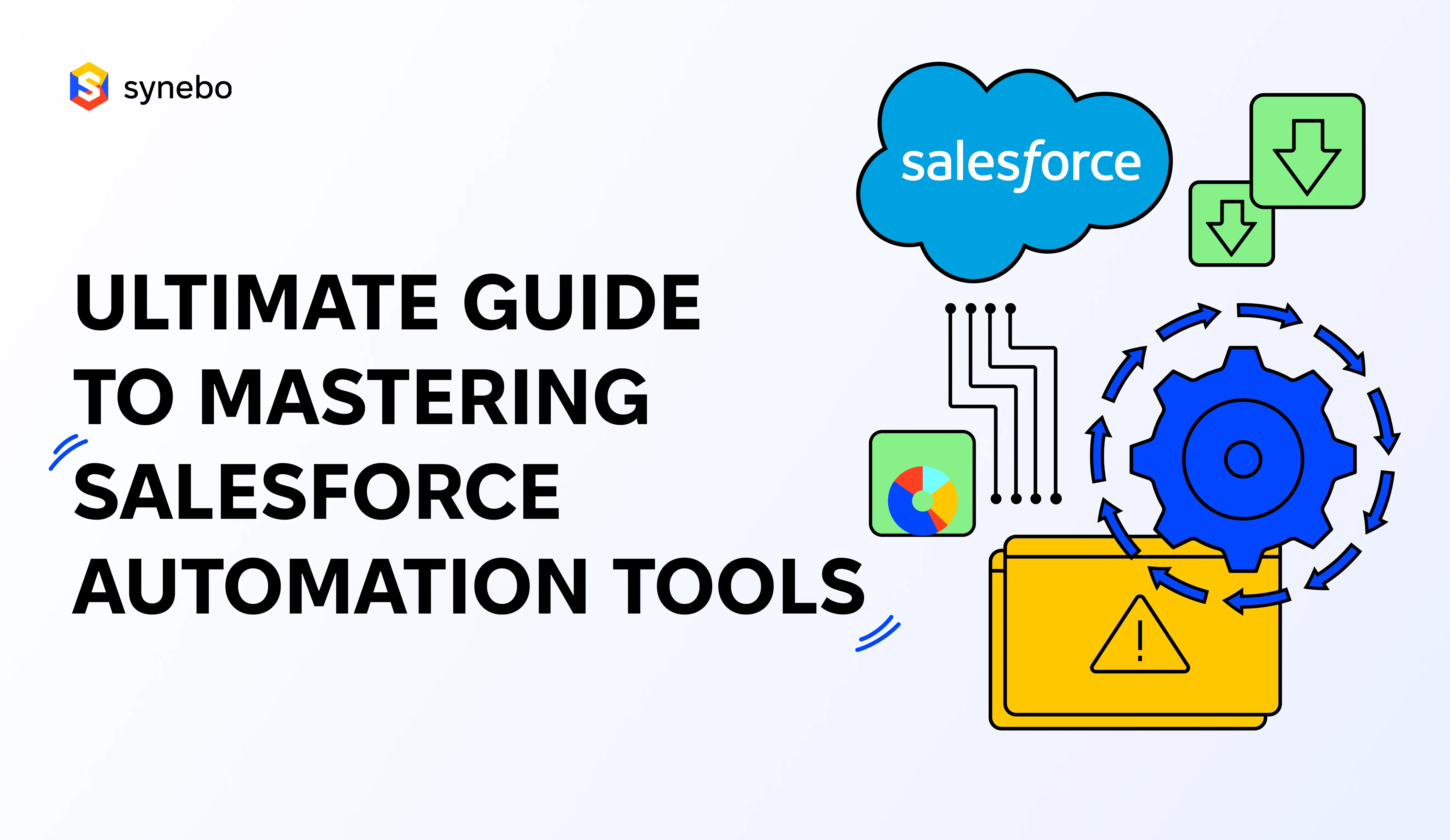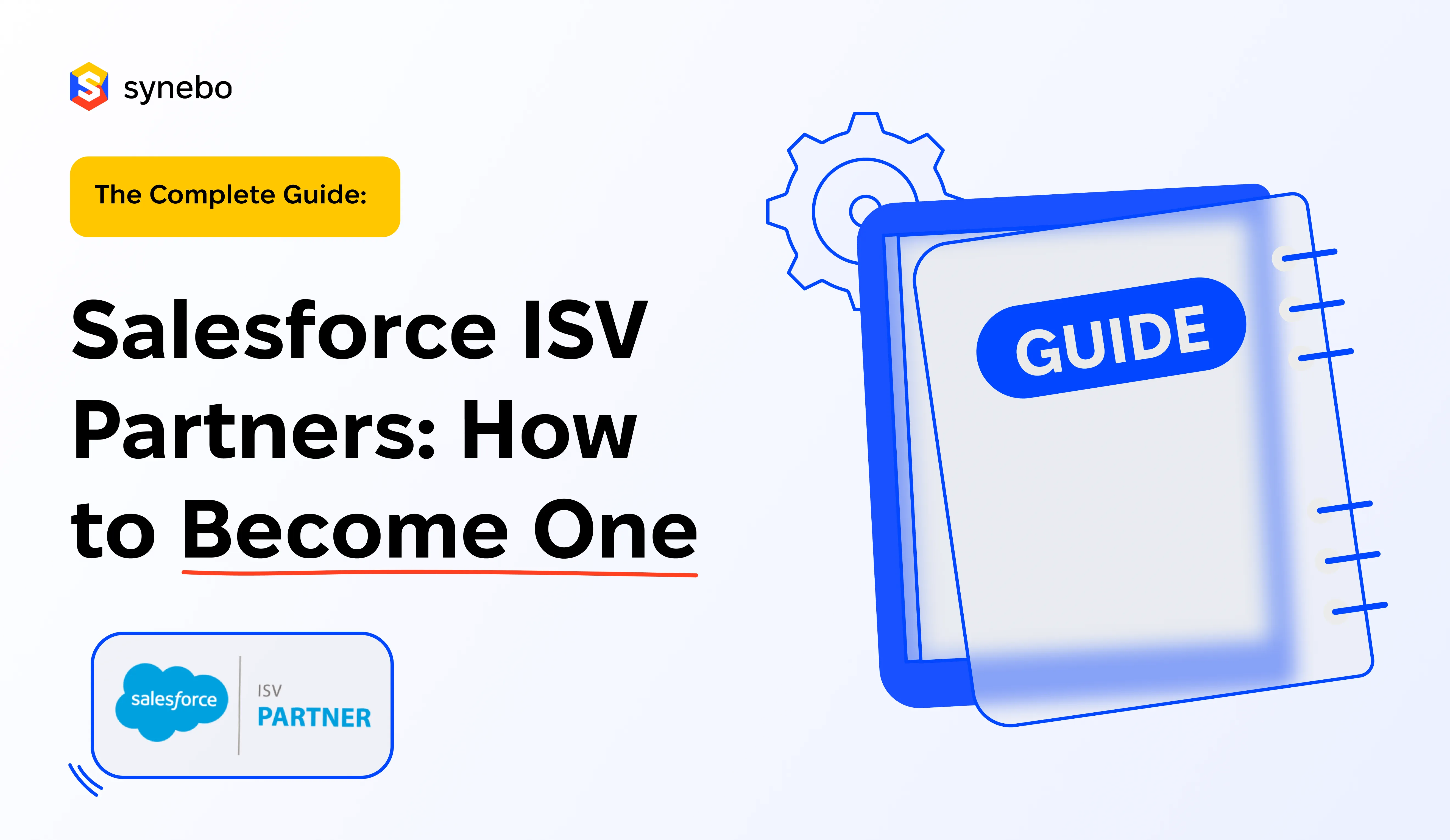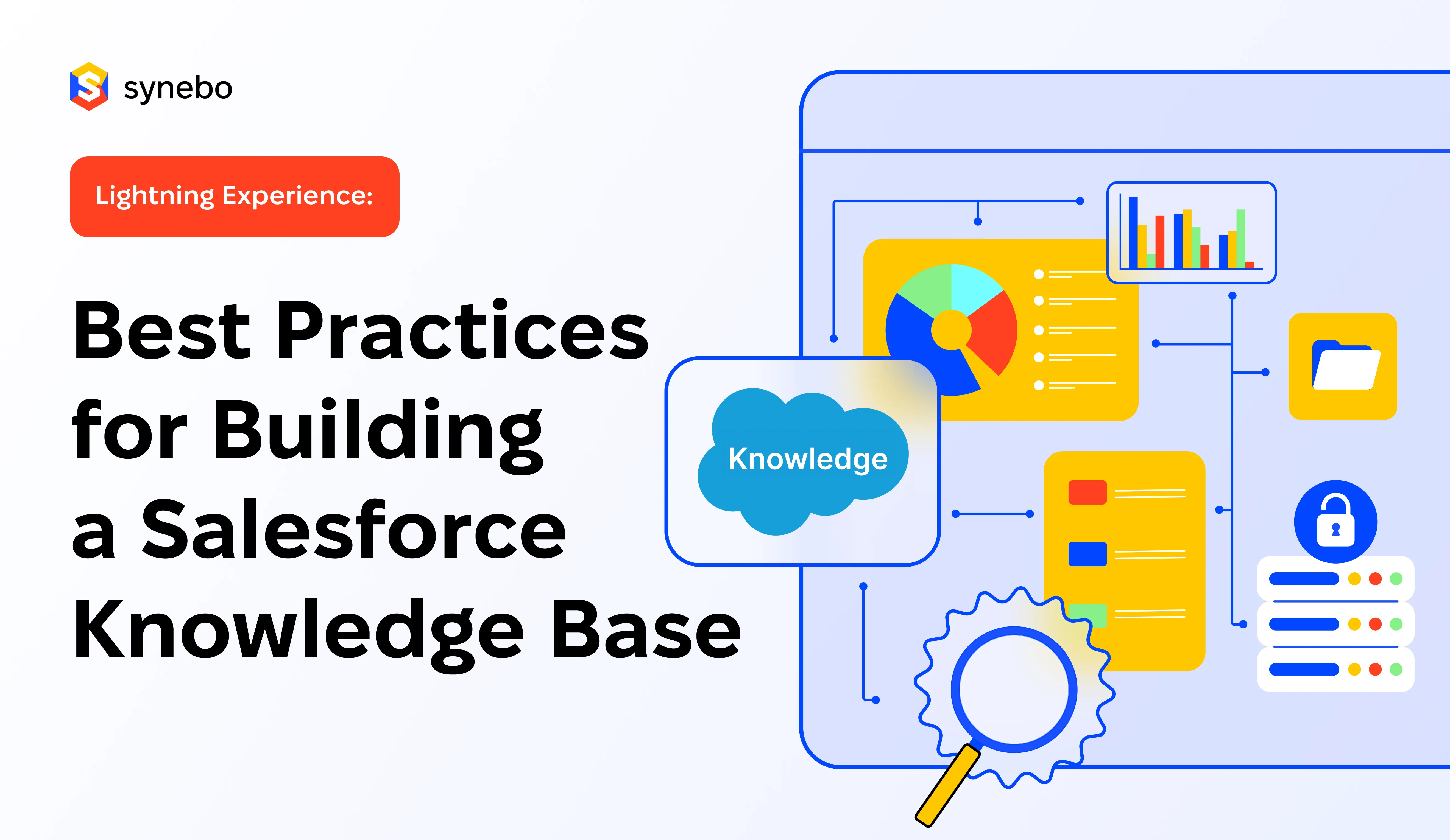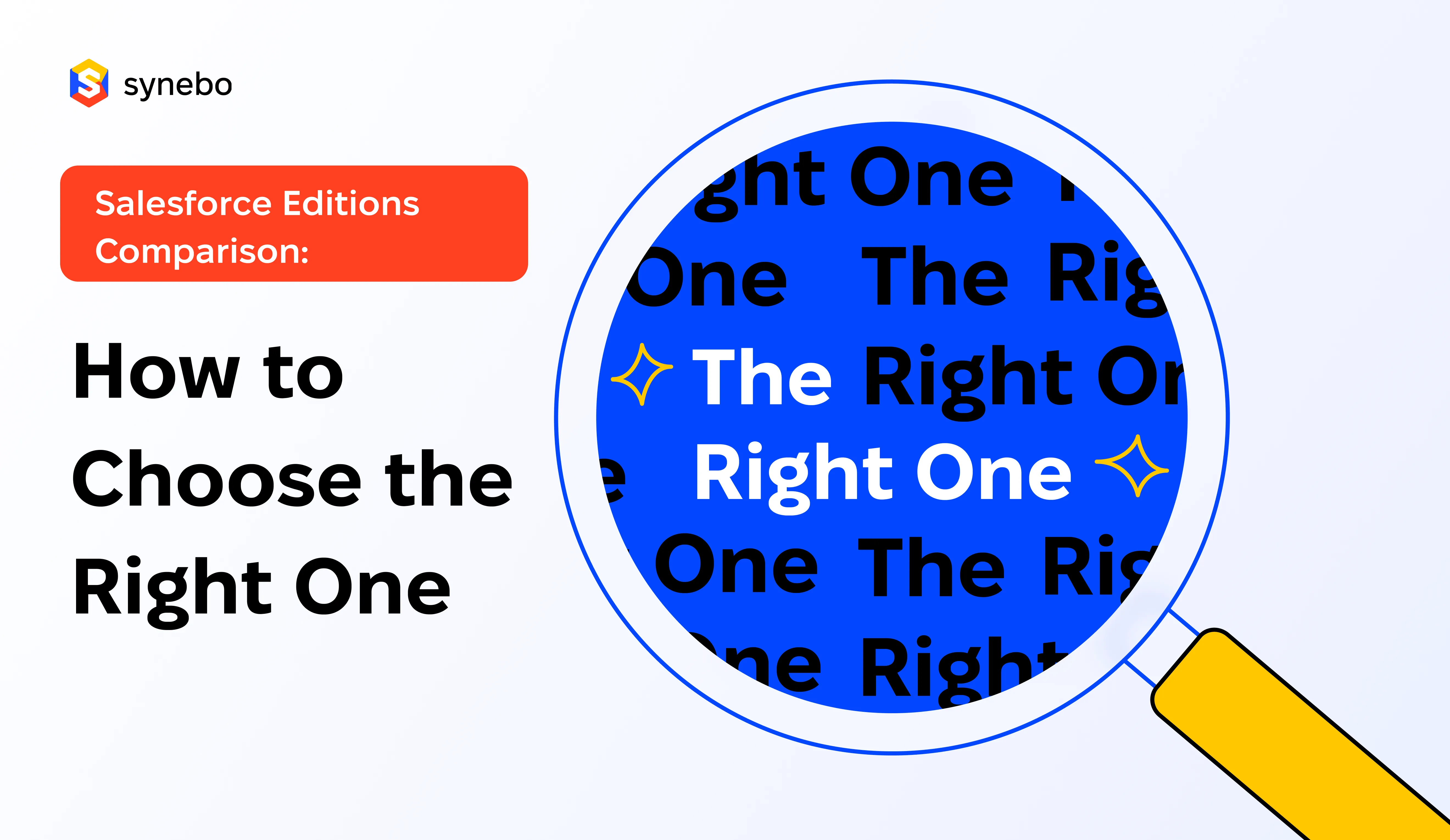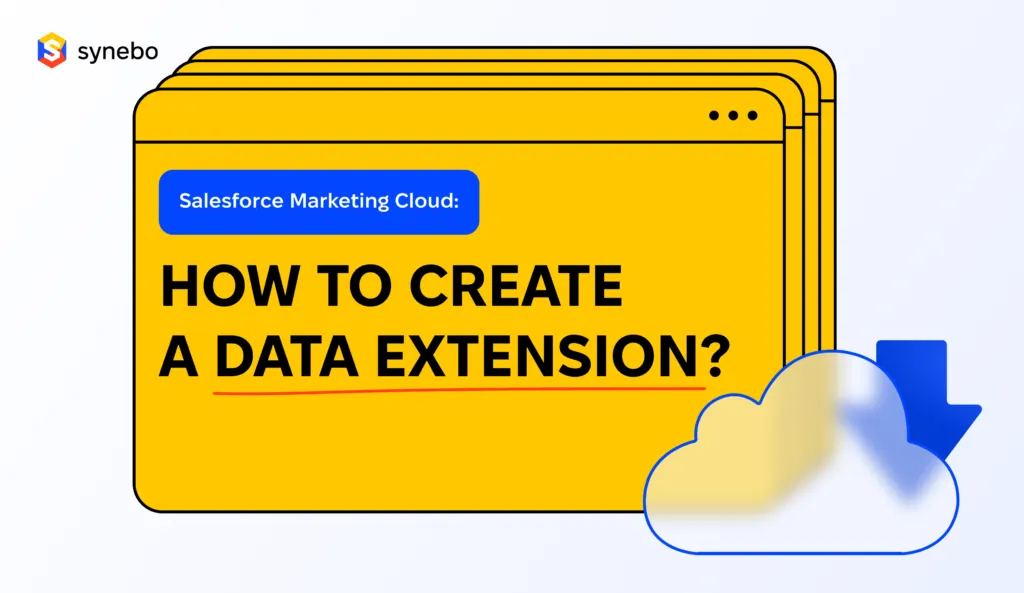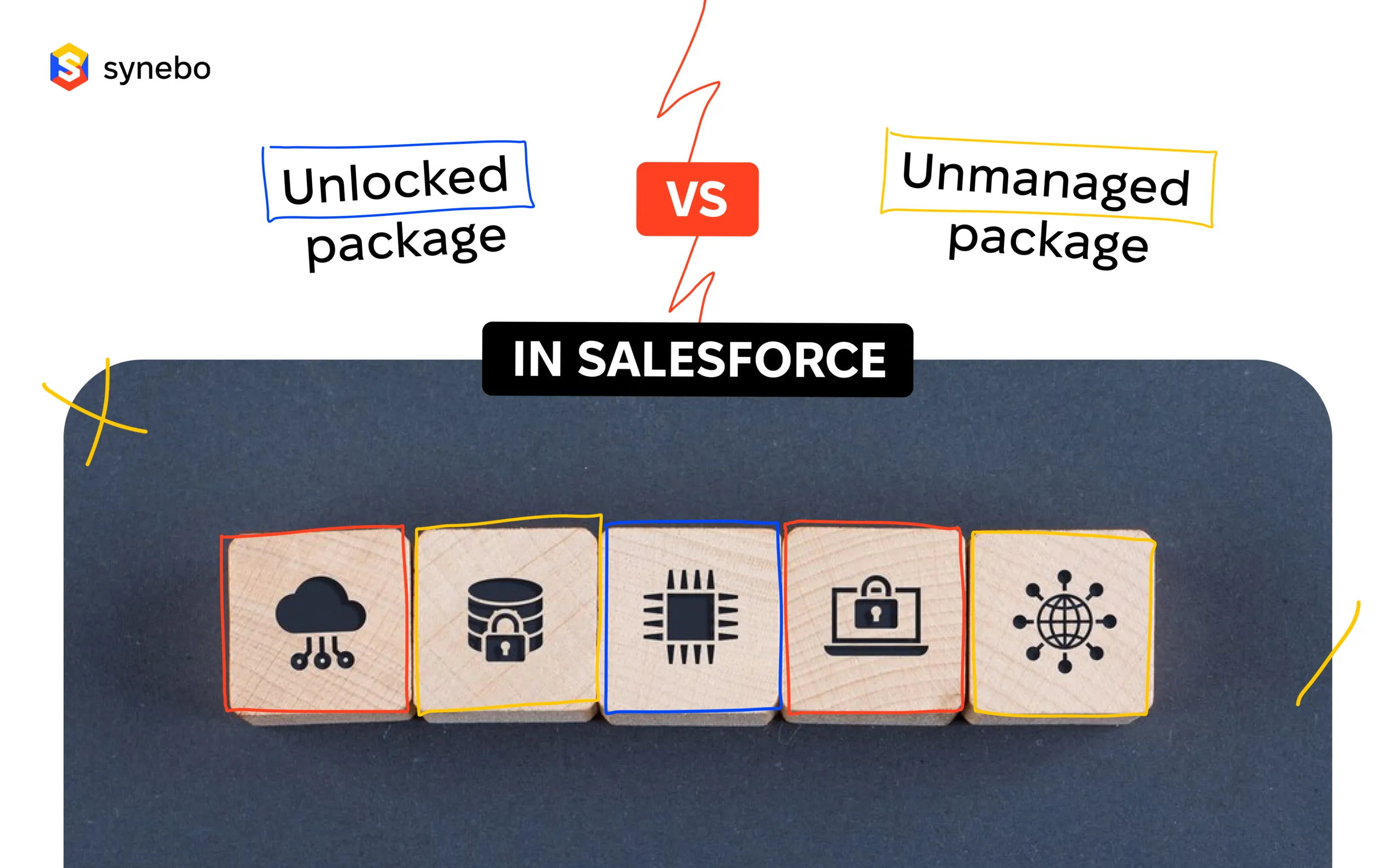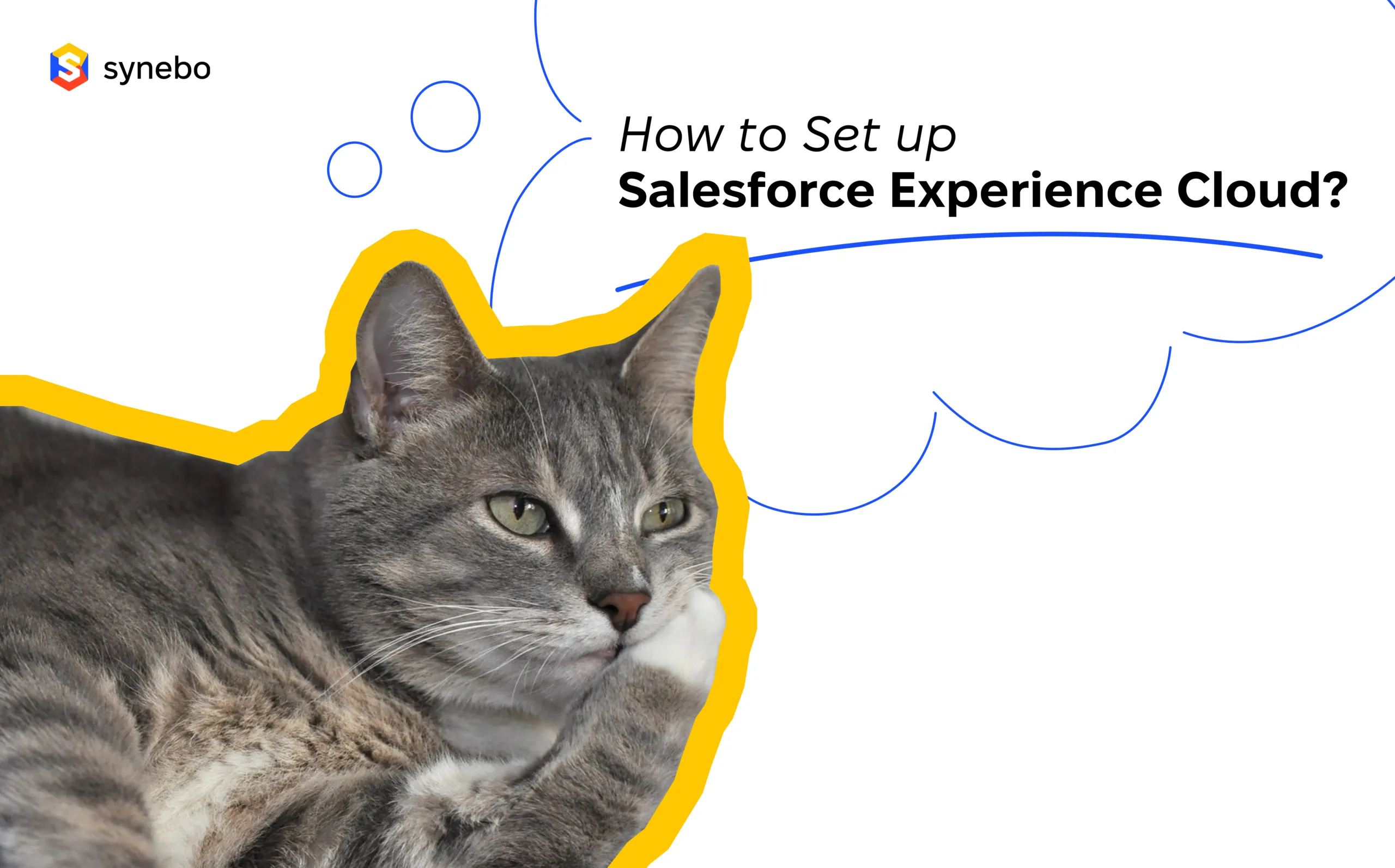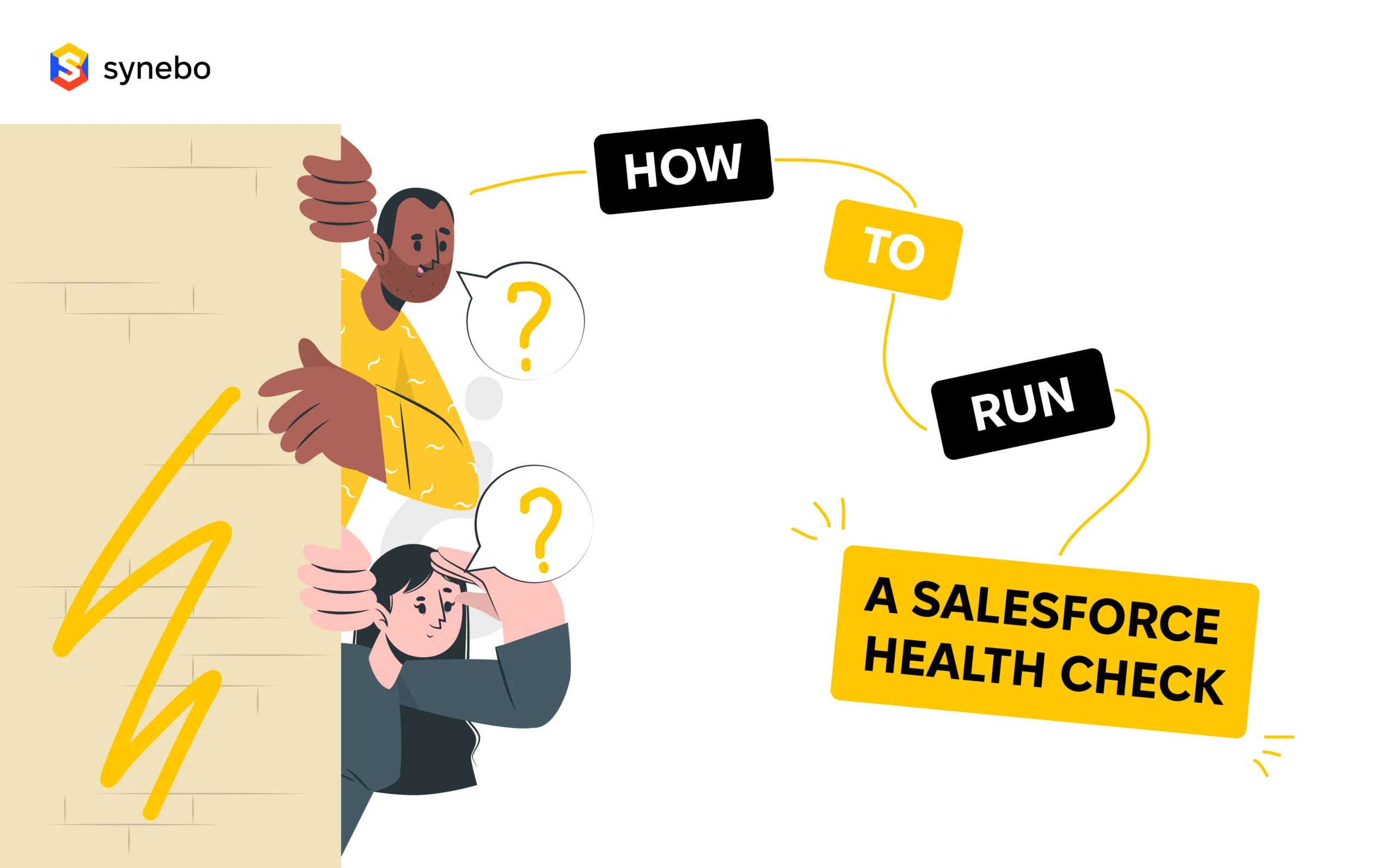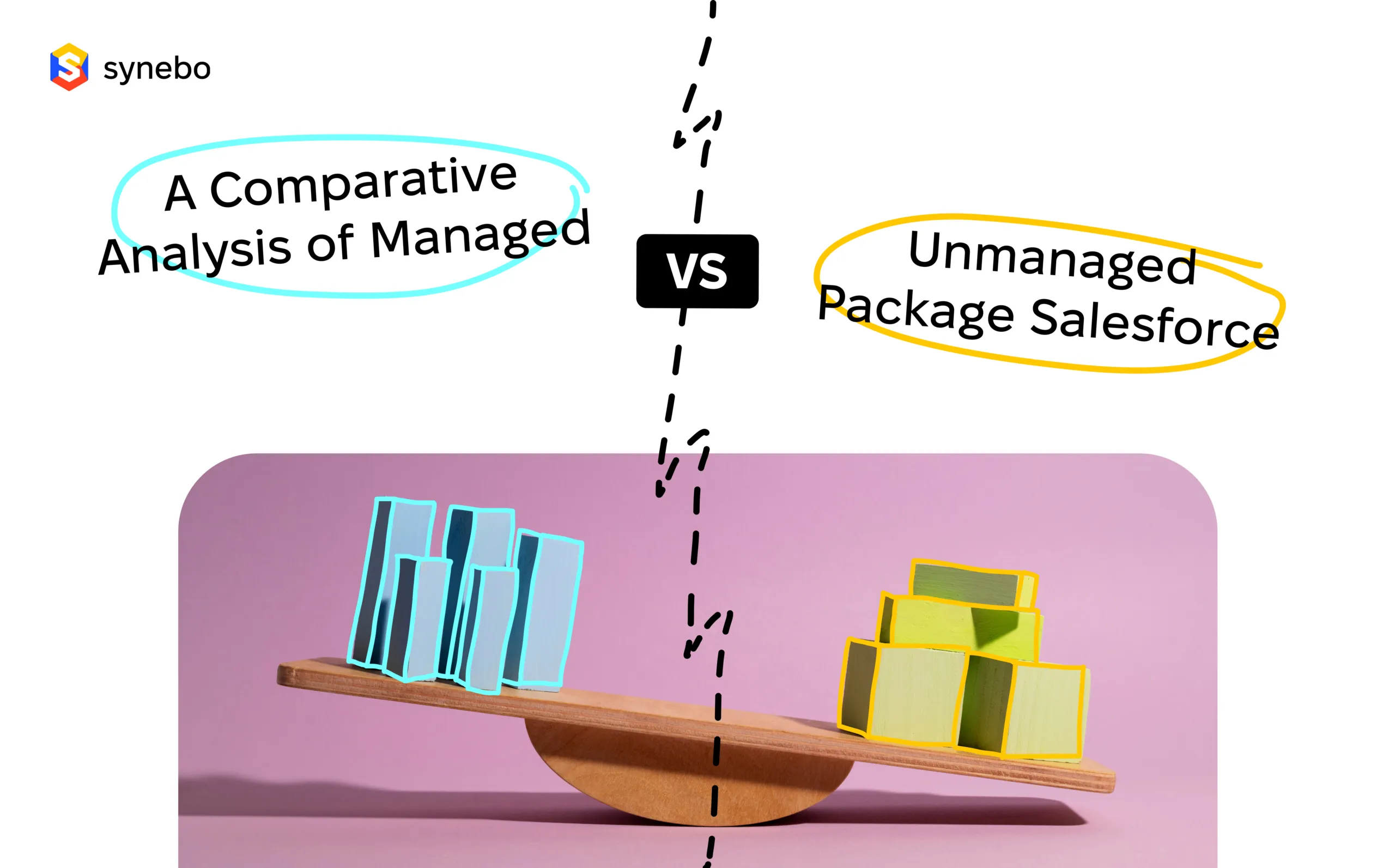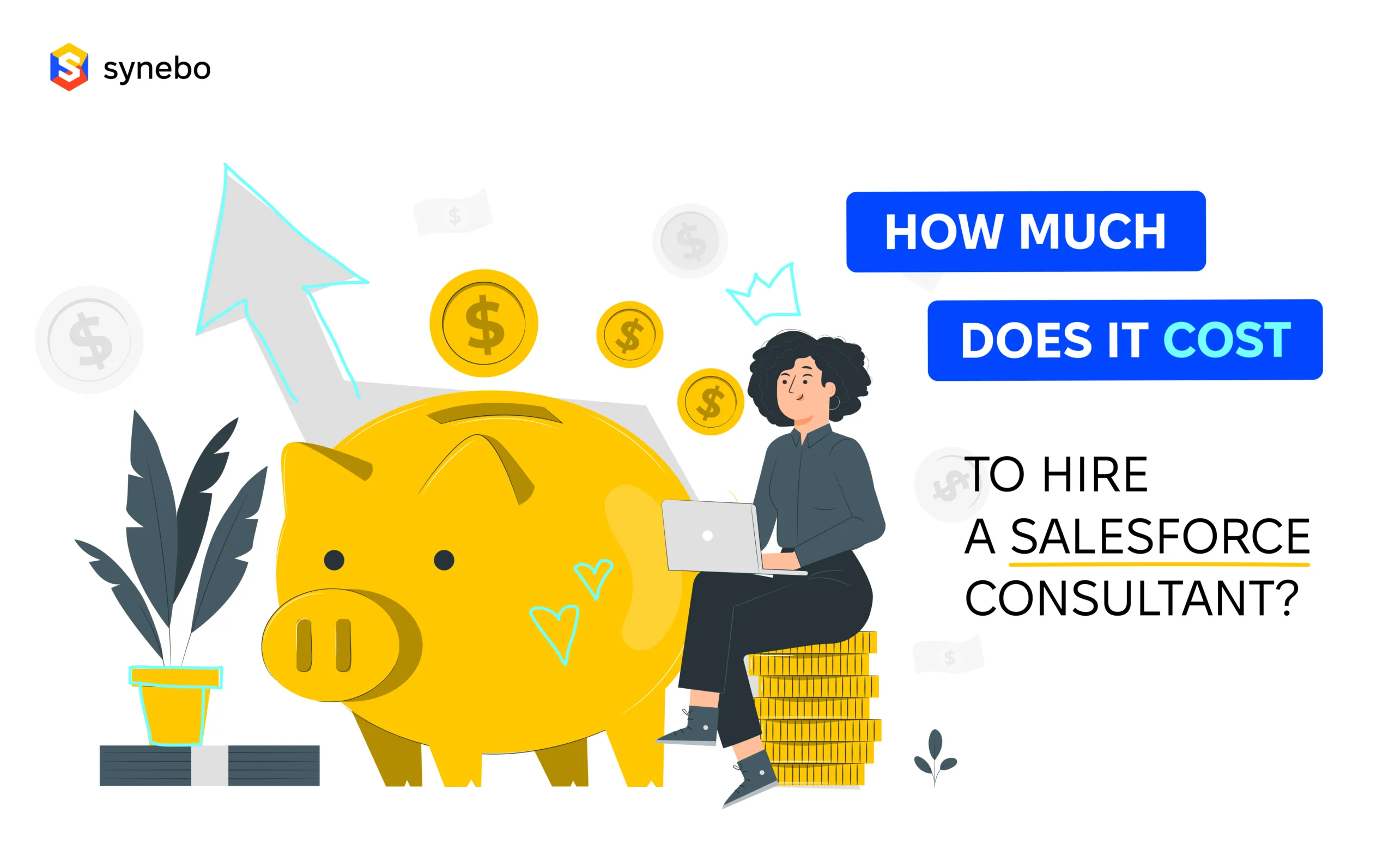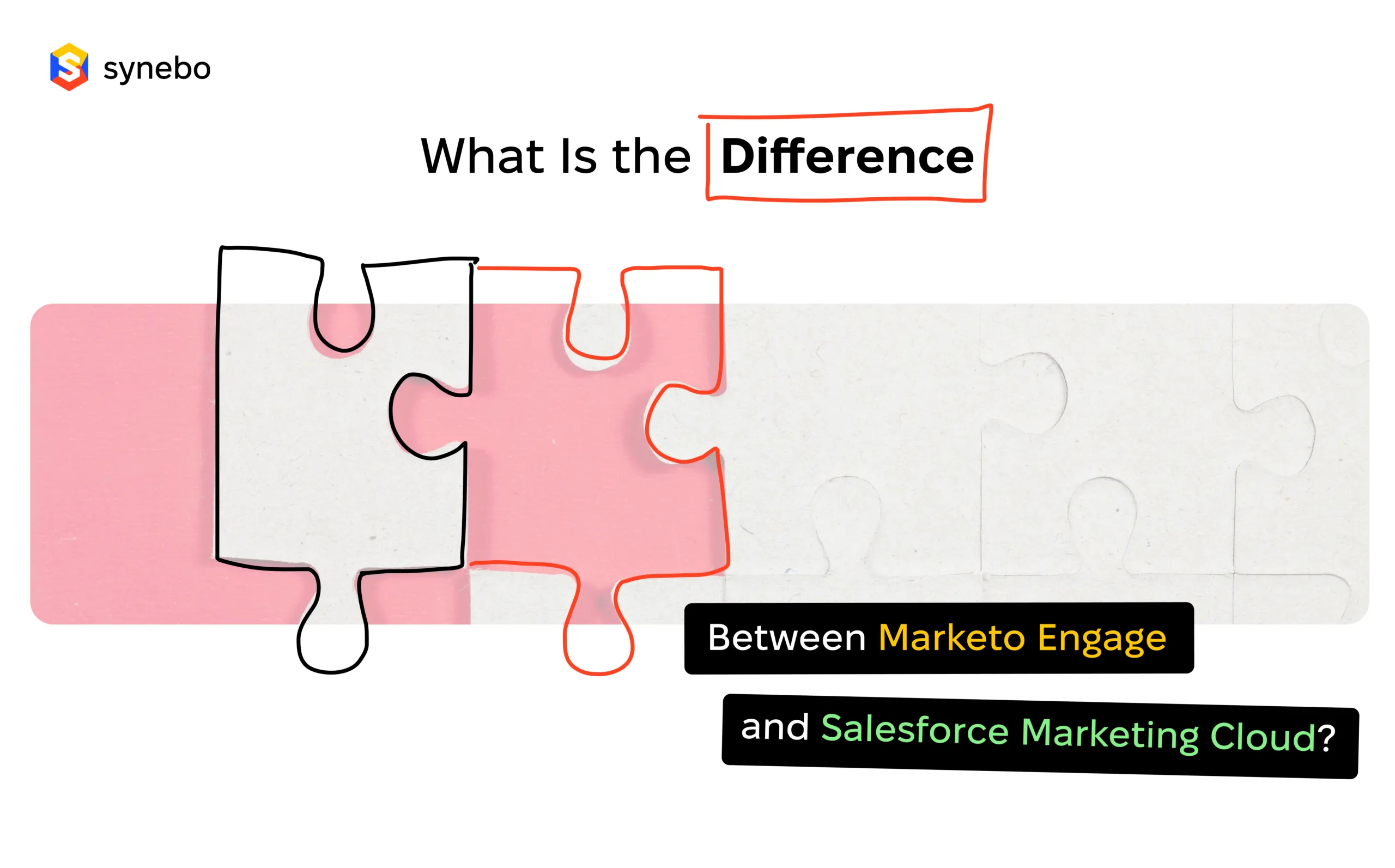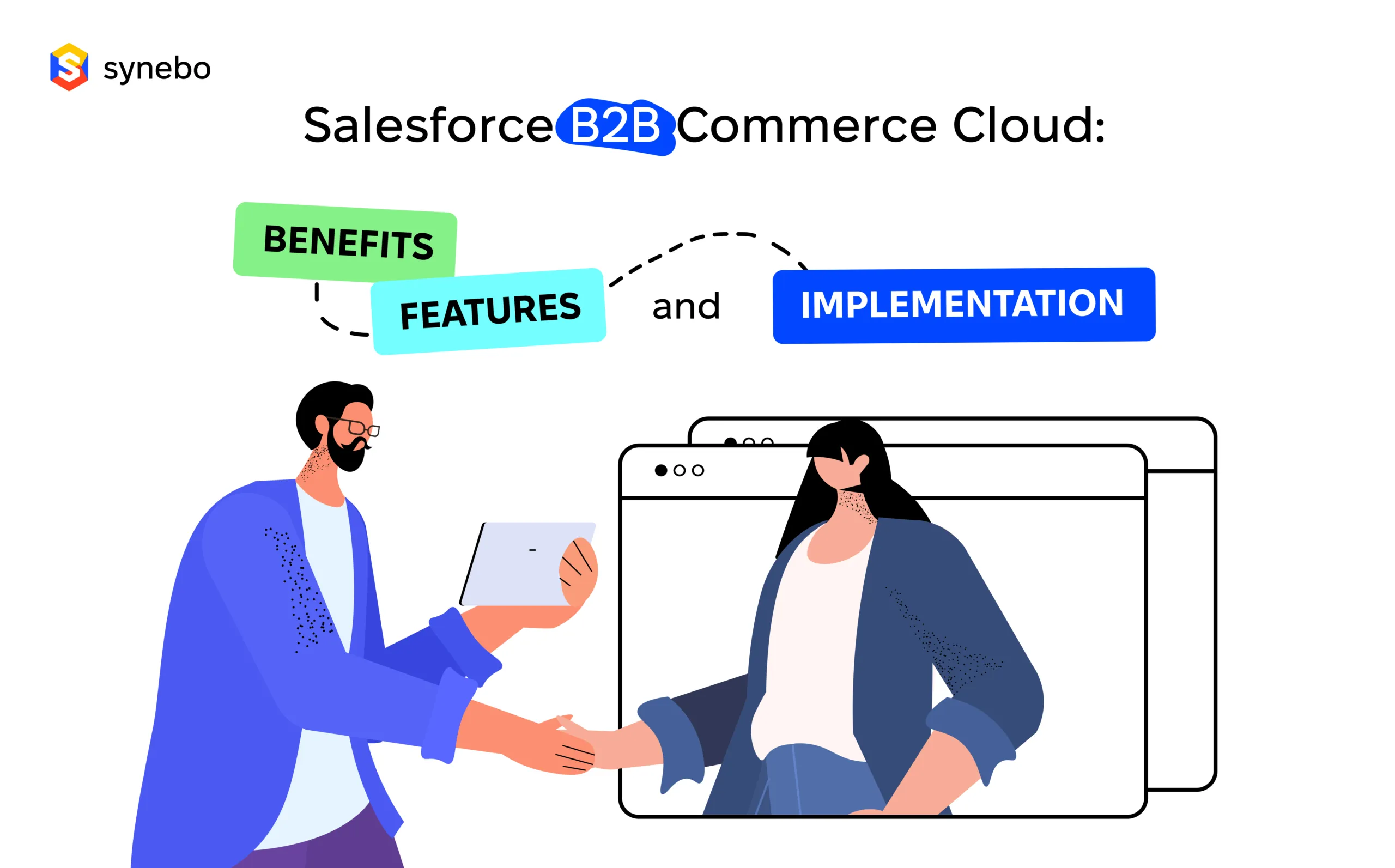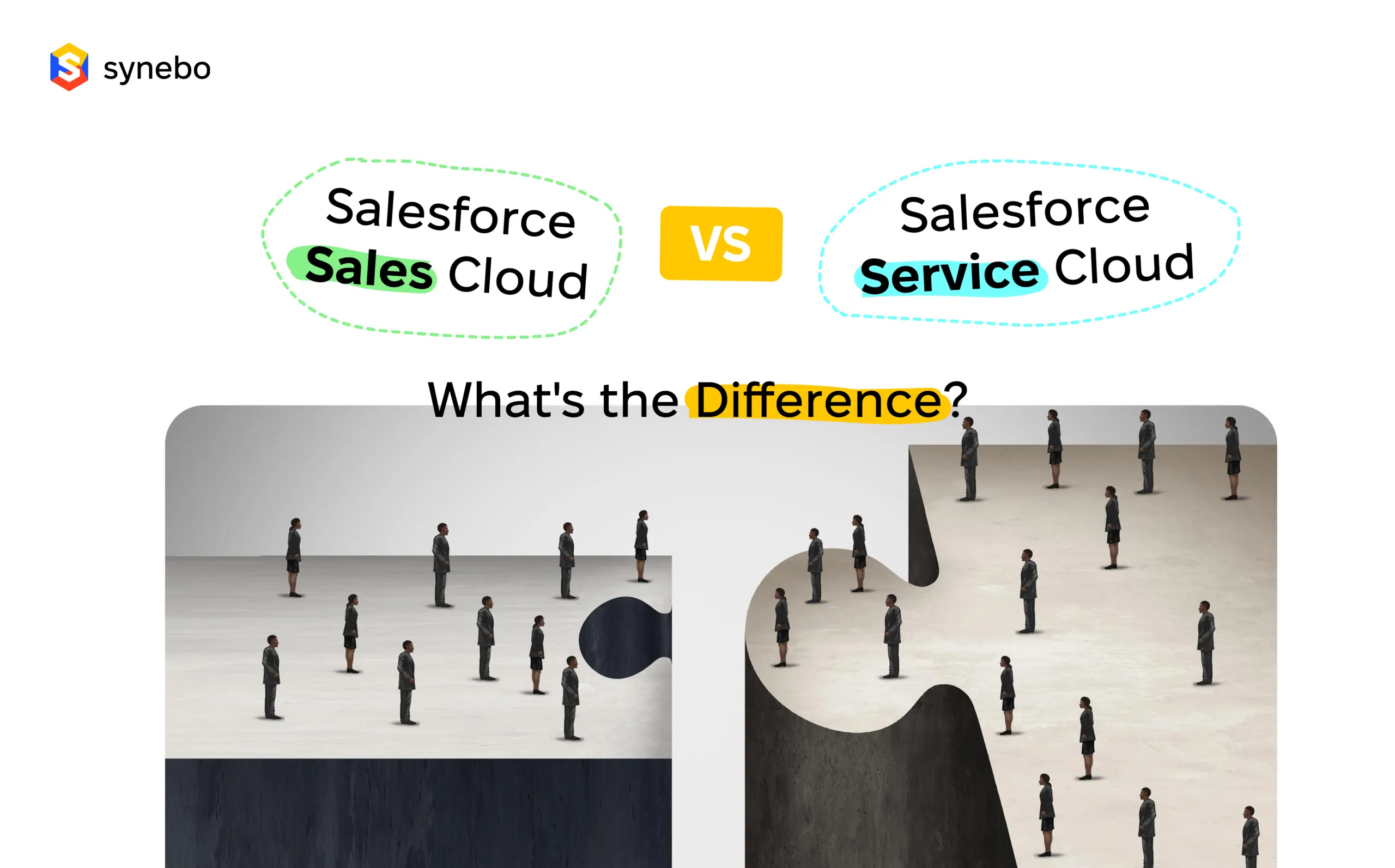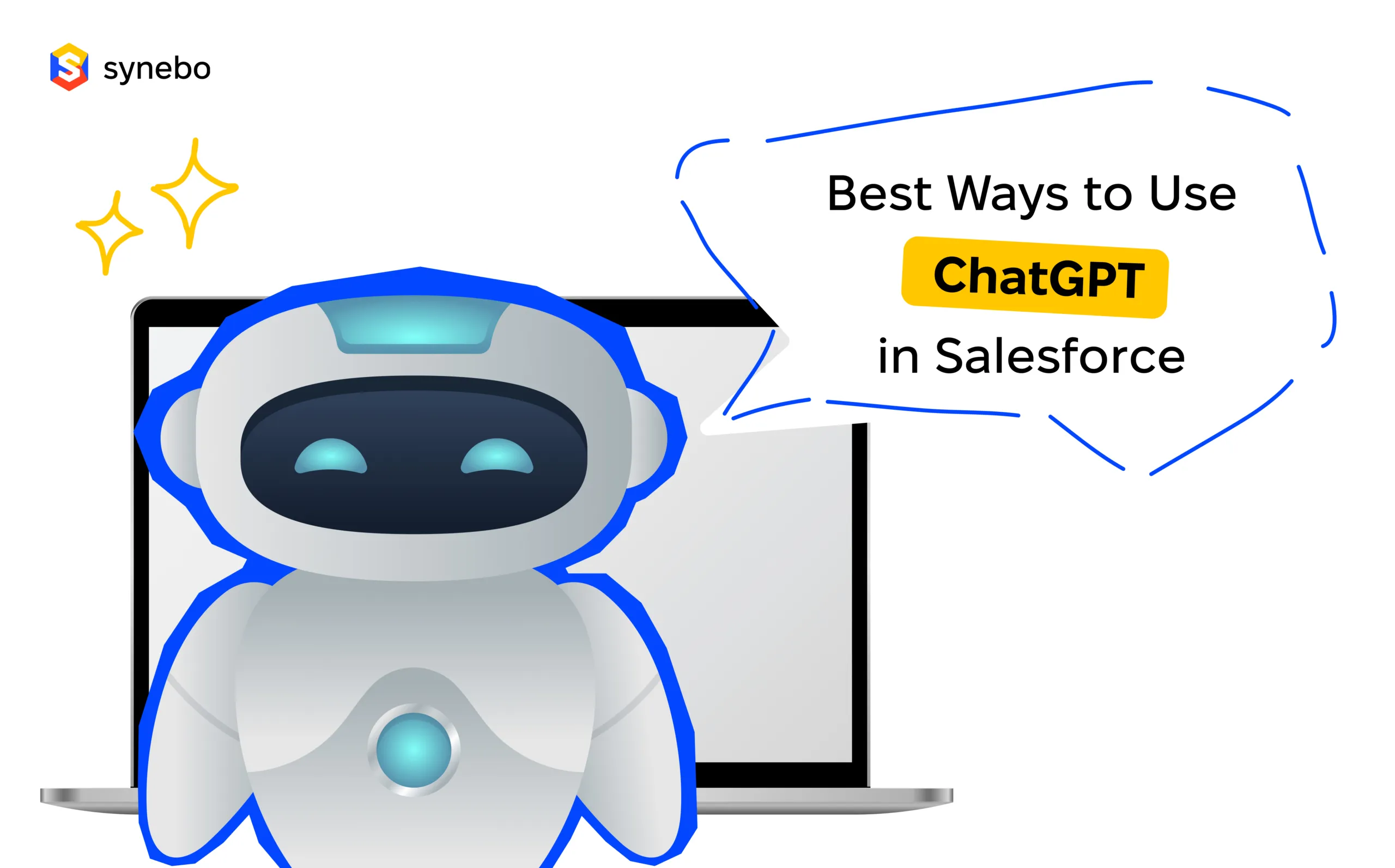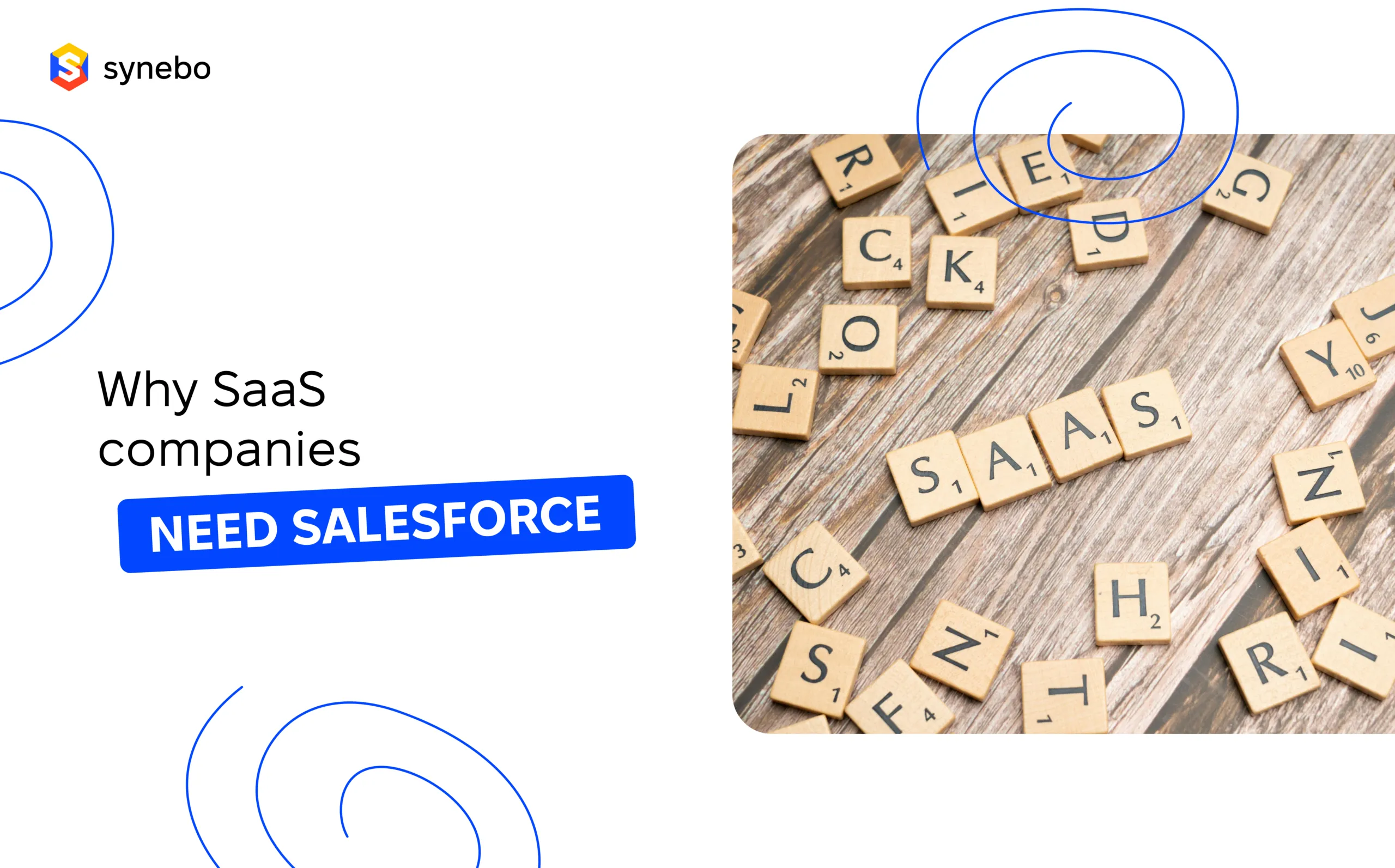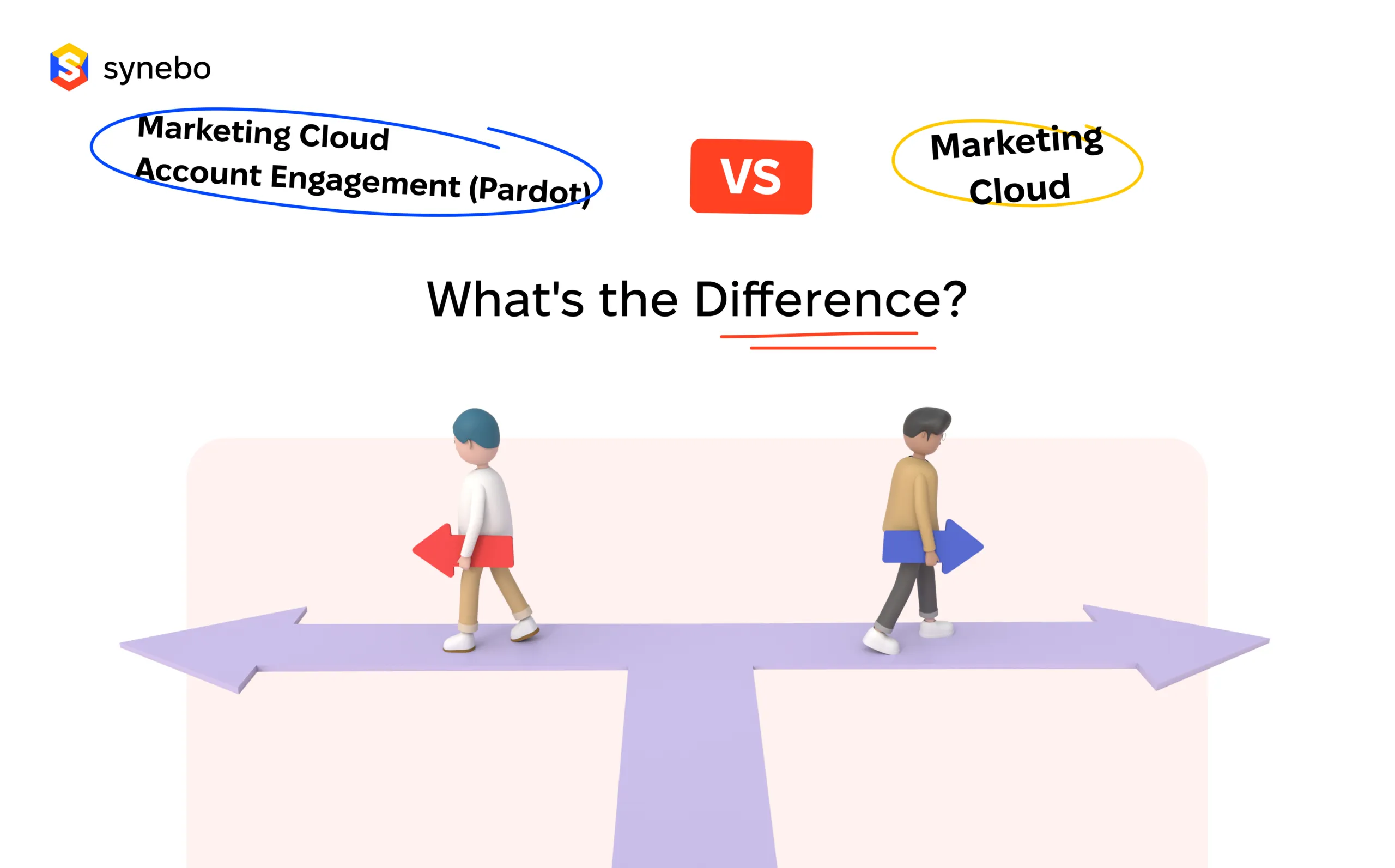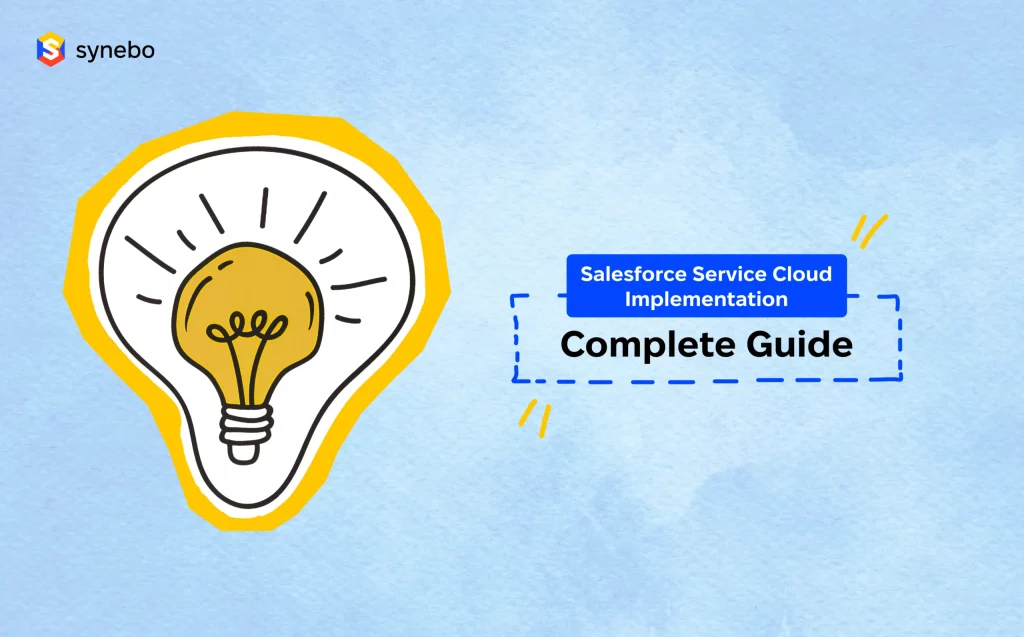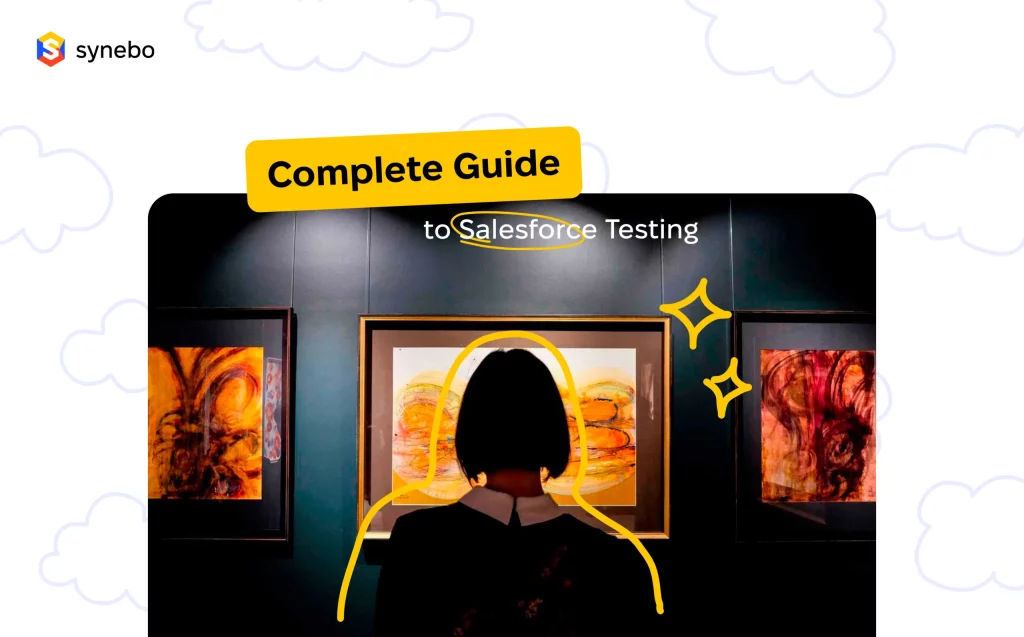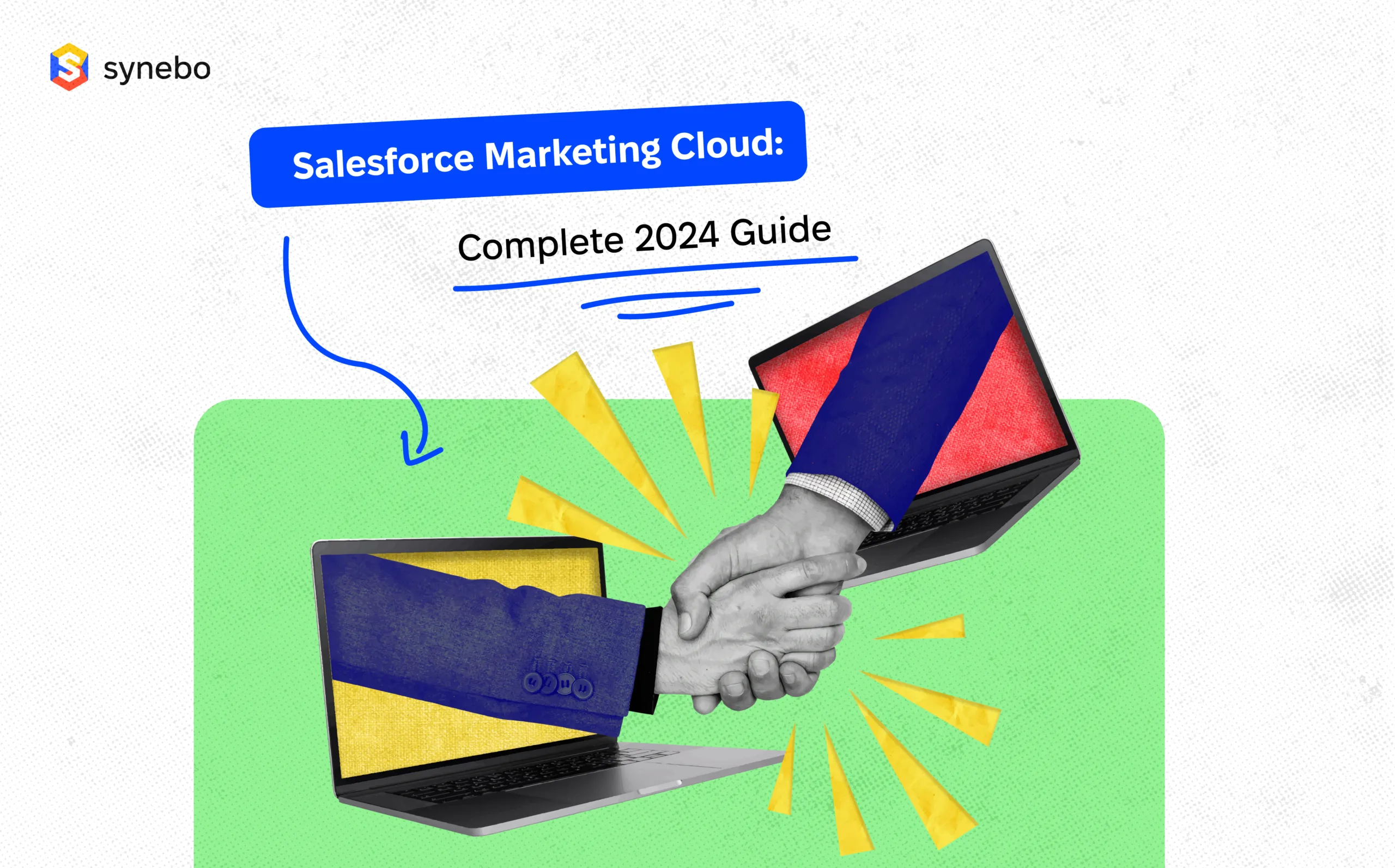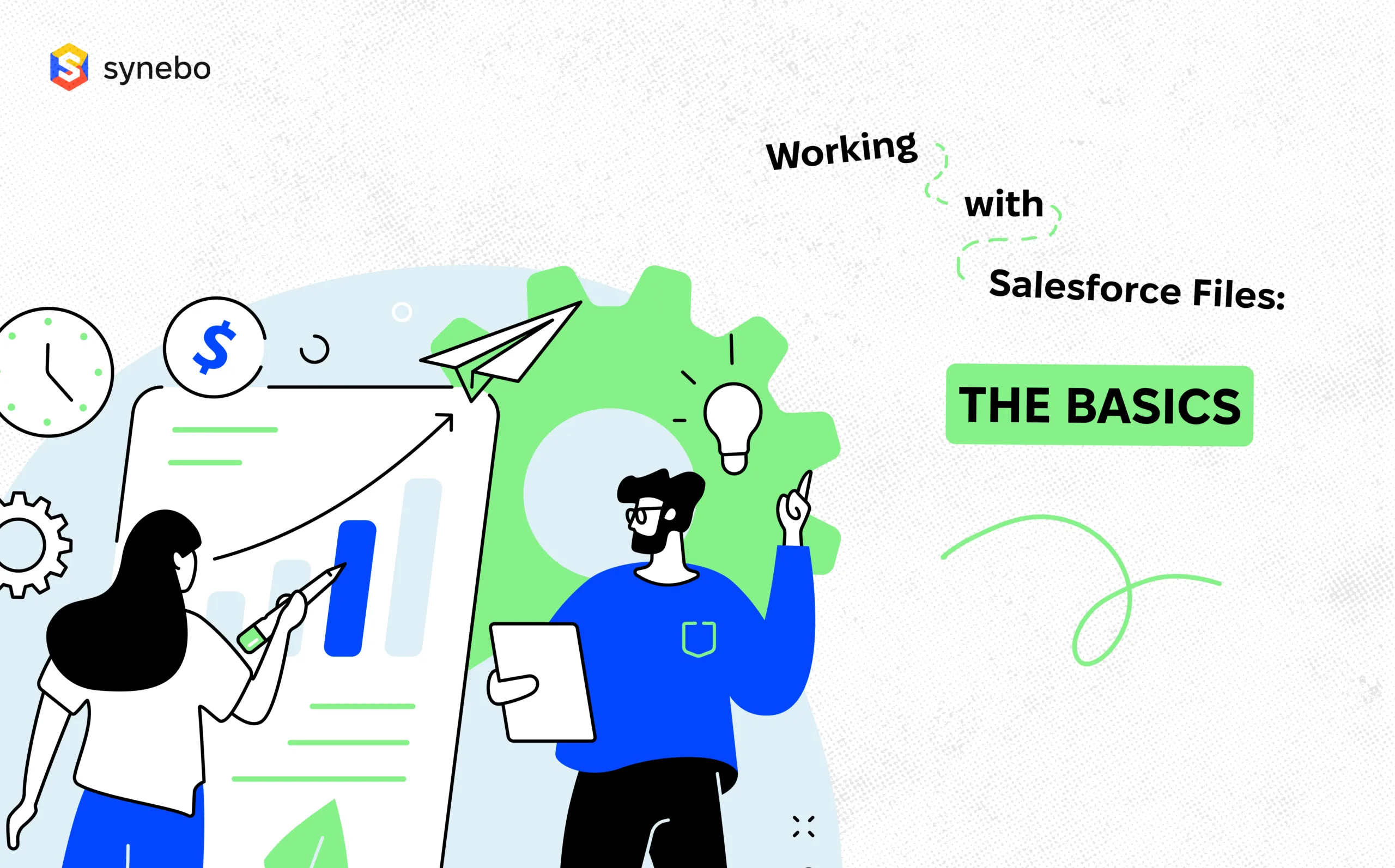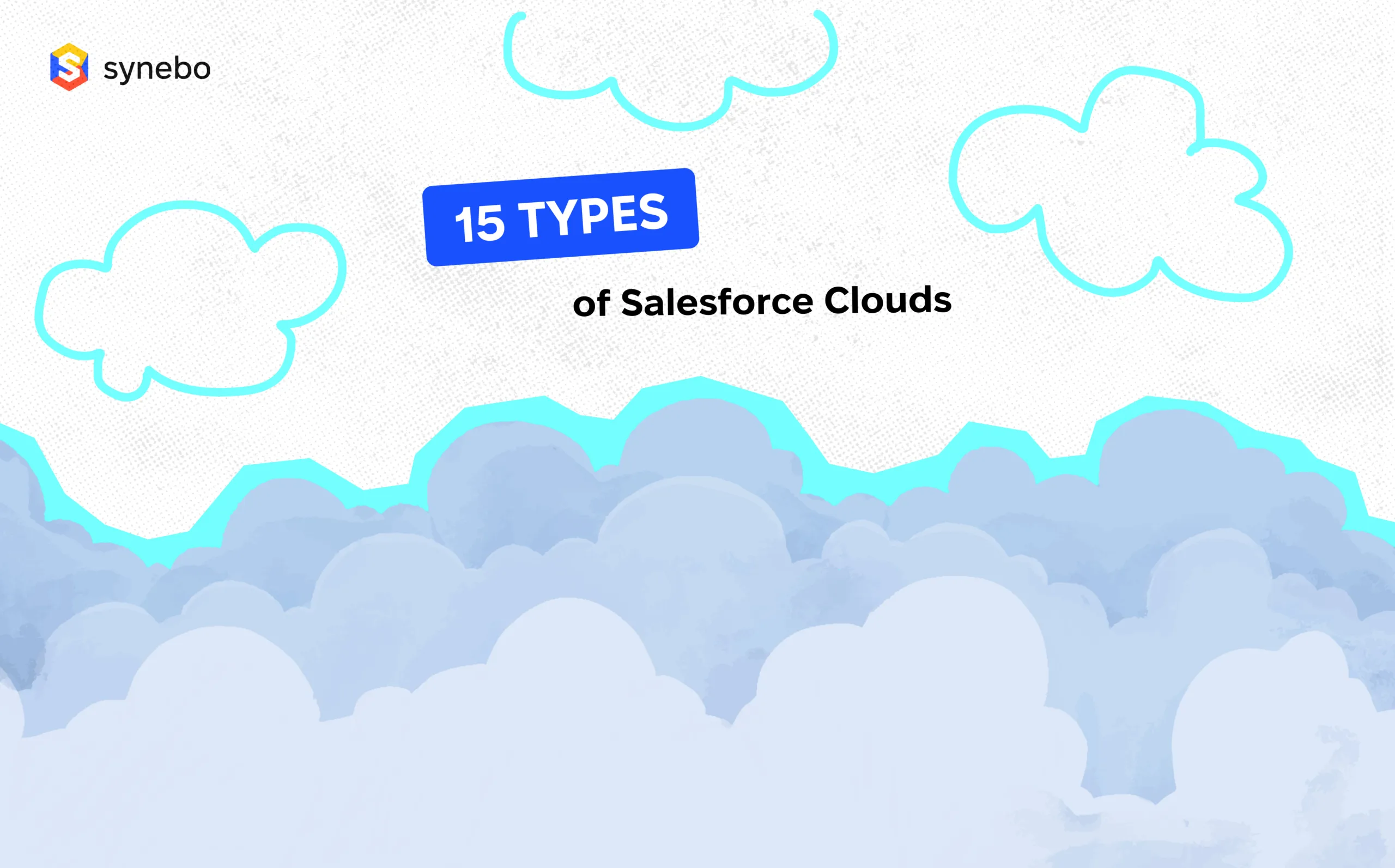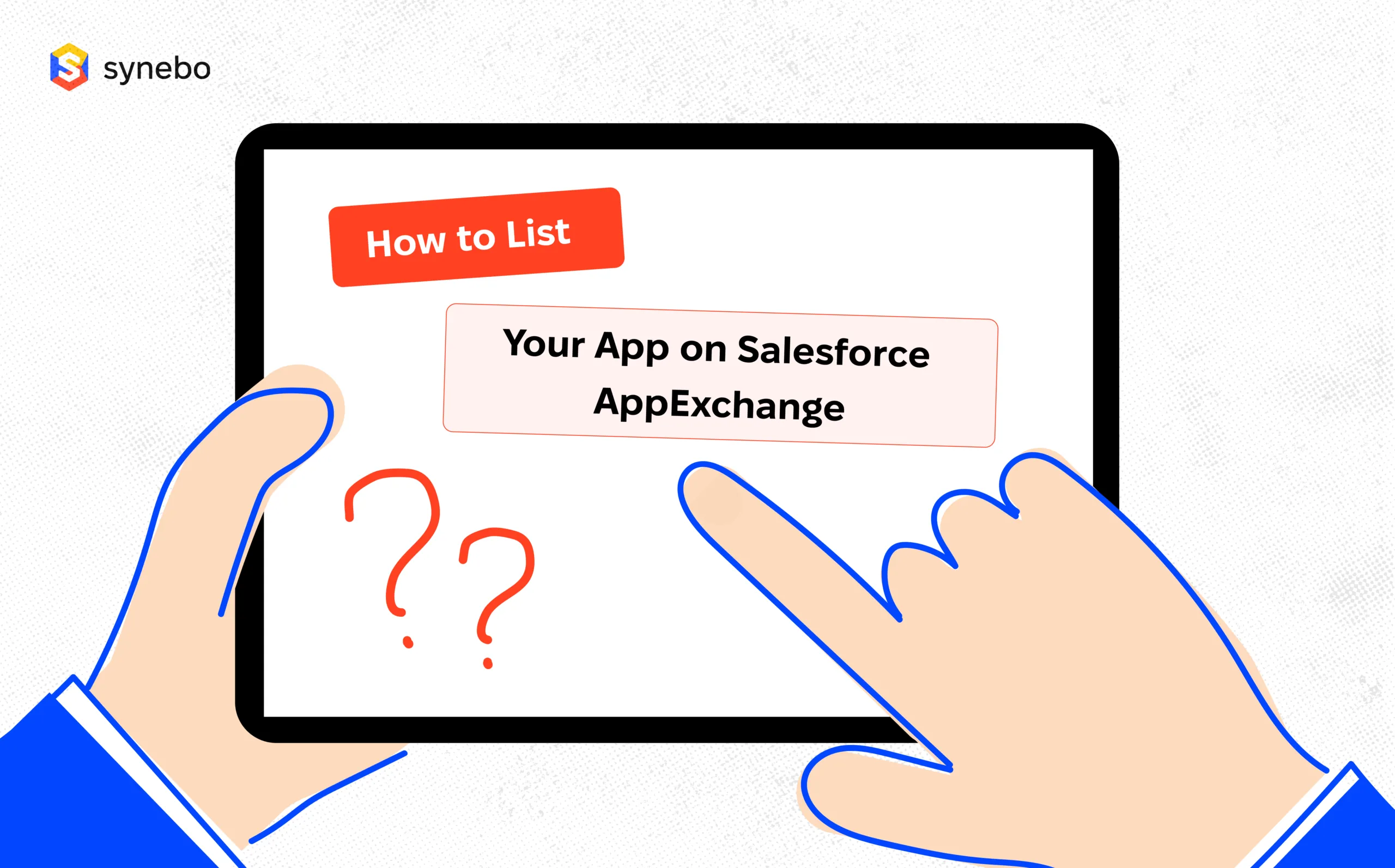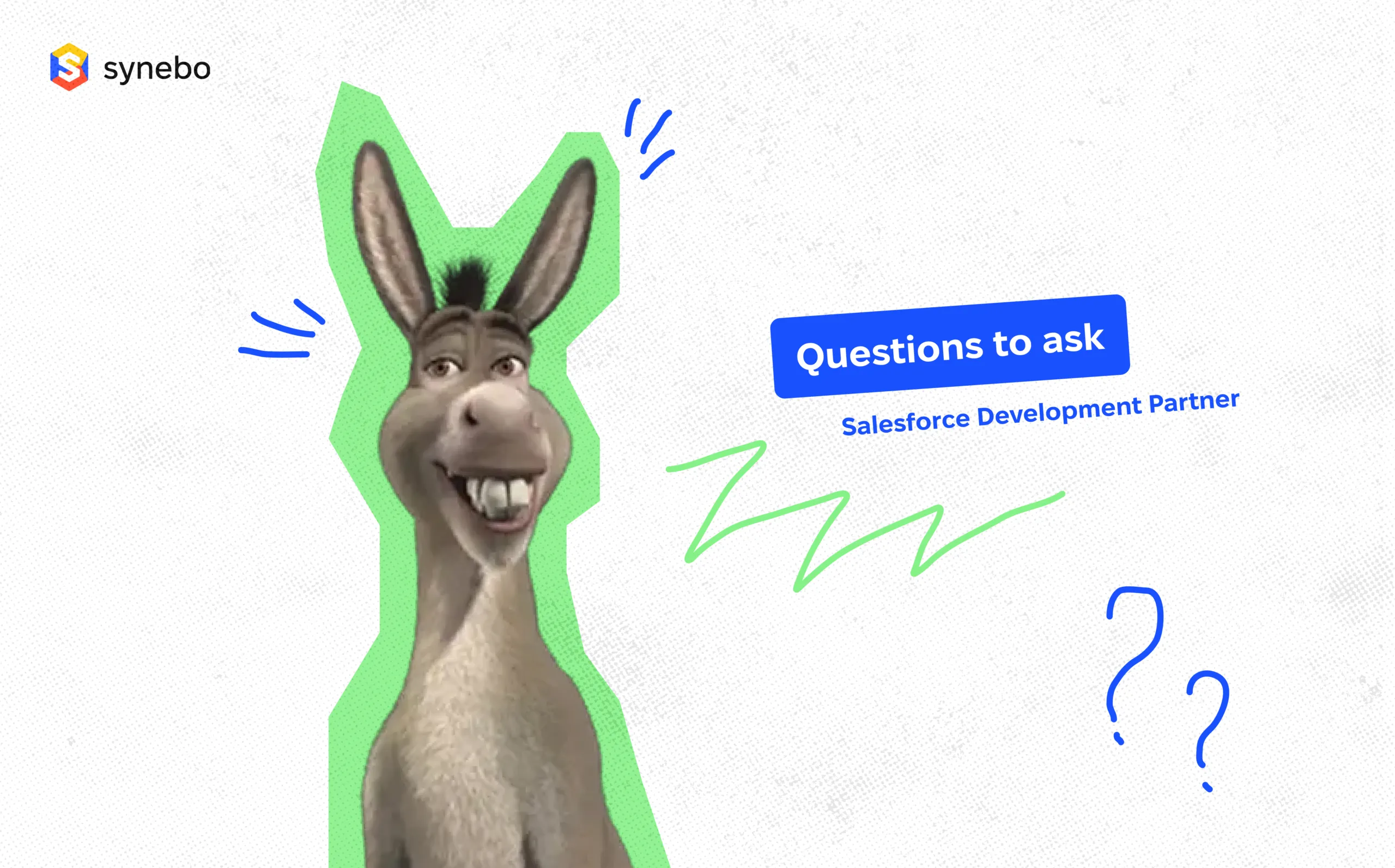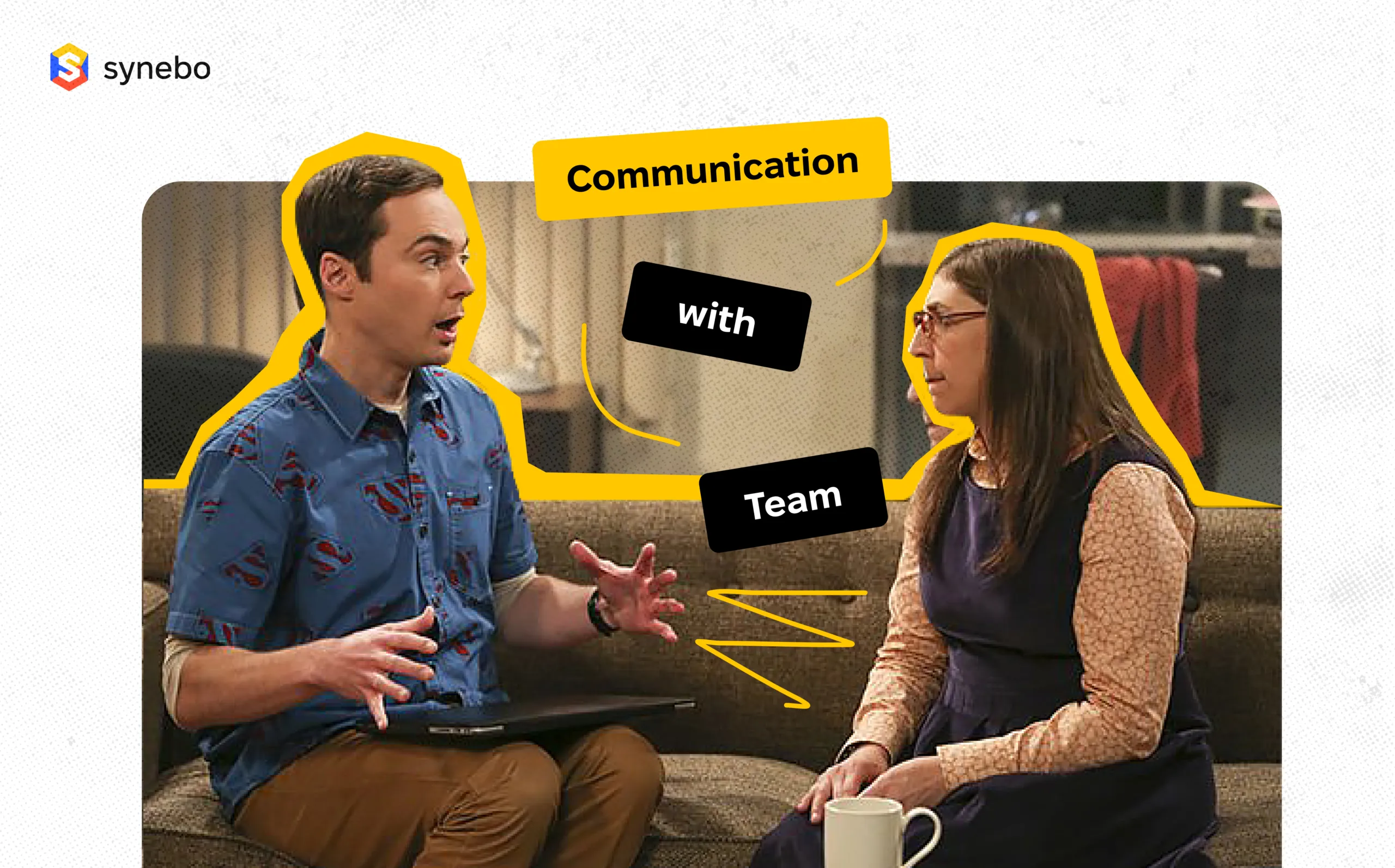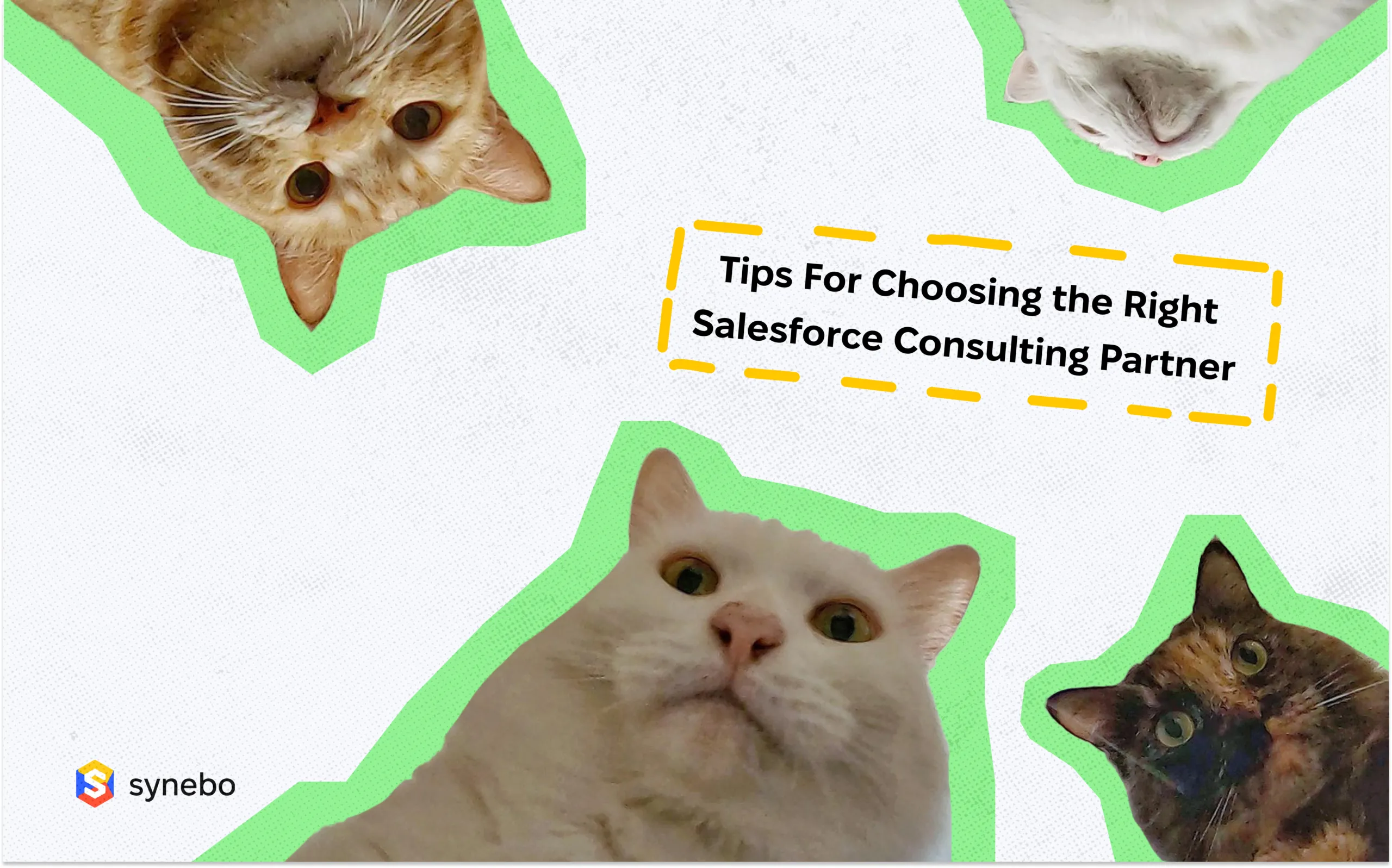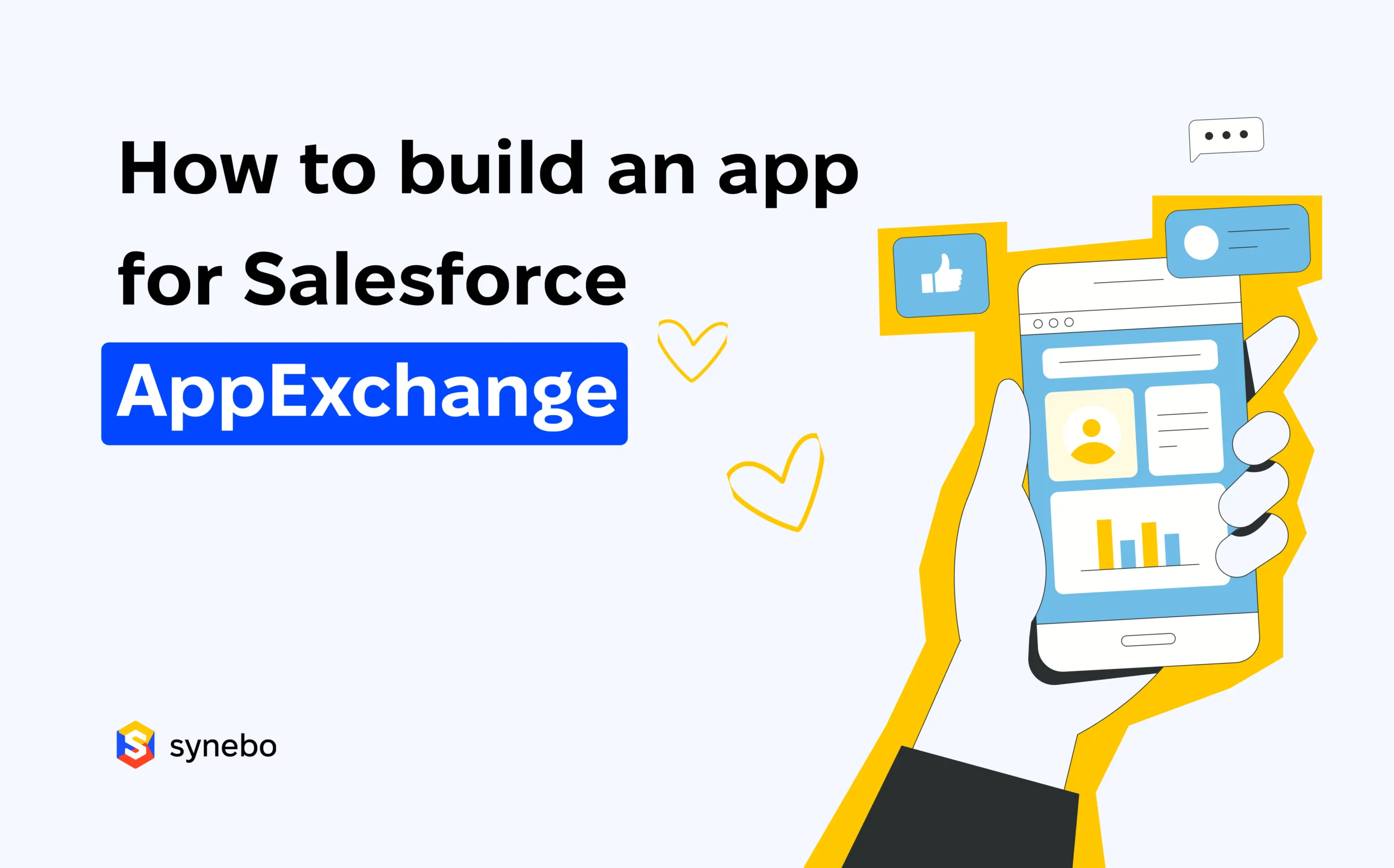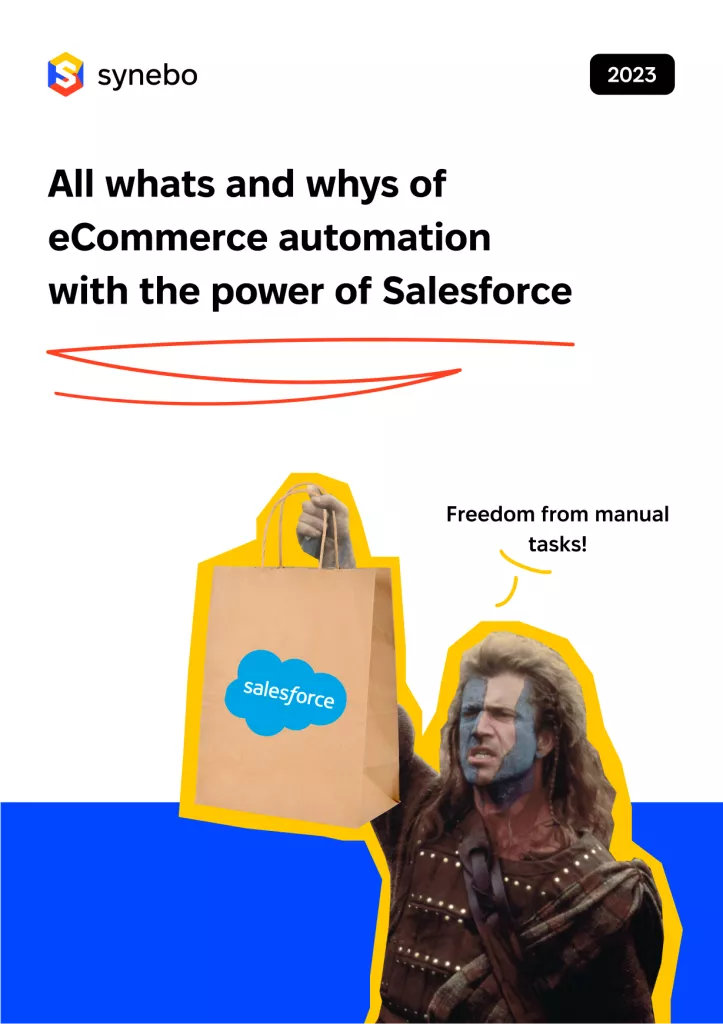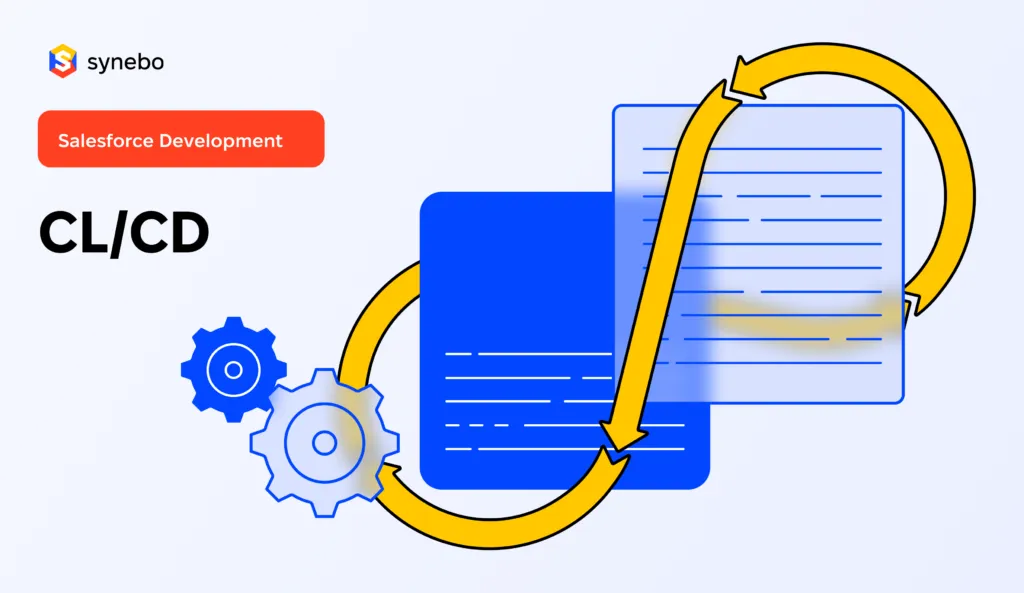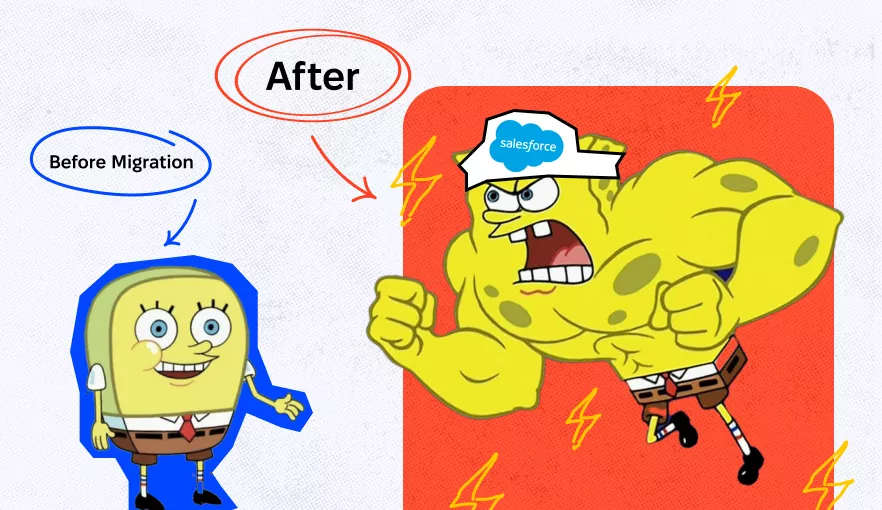Salesforce License Optimization: Proven Ways to Lower Costs
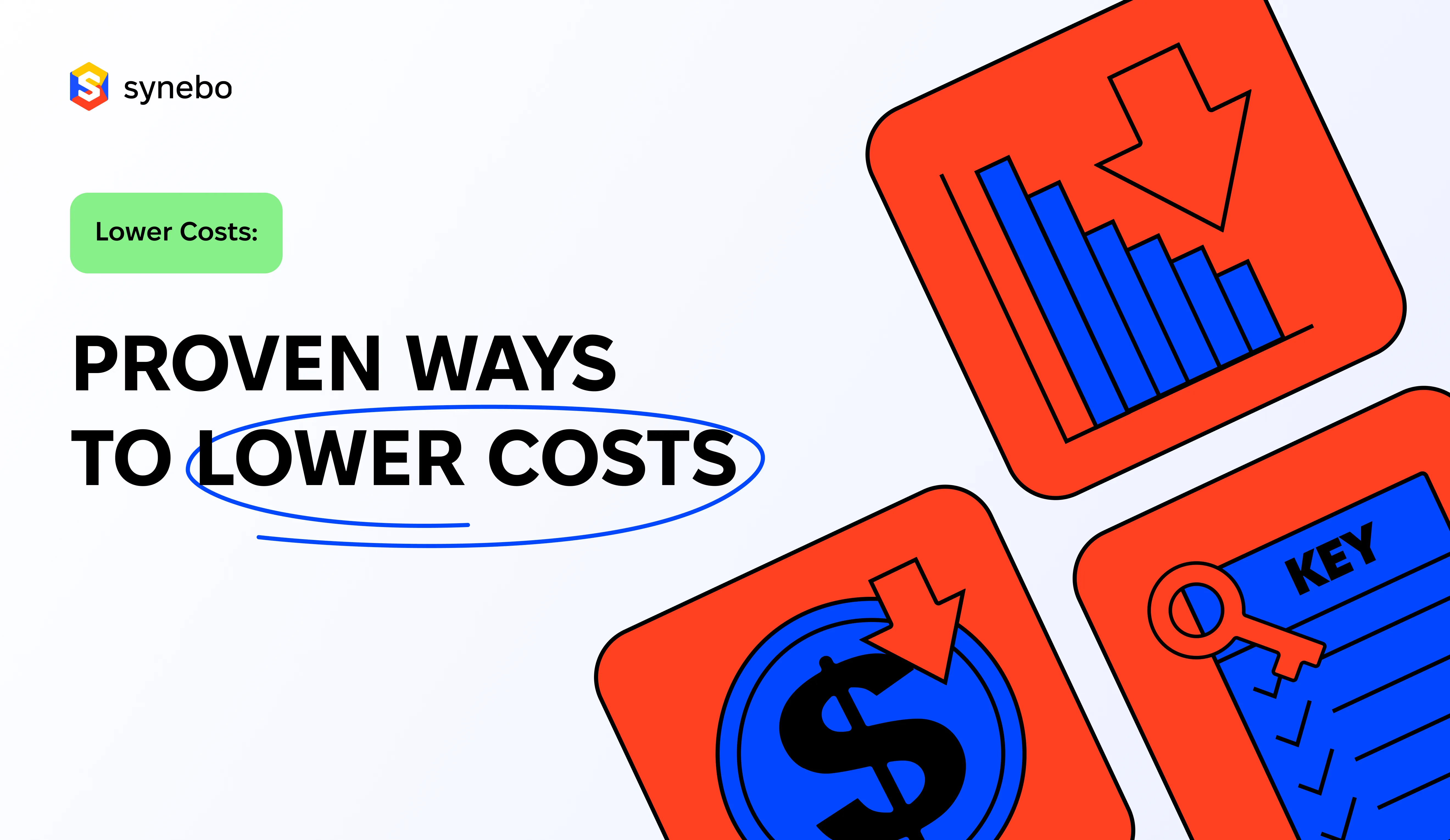
In 2023, businesses typically spend between $300 to $2000 per user annually on Salesforce licenses, making cost reduction a vital focus. With over 150,000 companies using Salesforce, optimizing these expenses is crucial.
This article delves into practical strategies for Salesforce cost savings and optimization, ensuring you maximize ROI while keeping your budget in check. Discover how to streamline usage, leverage new tools, and negotiate smarter to significantly reduce your Salesforce license costs.
Understanding Salesforce License Types: A Quick Overview
Before we dive into the Salesforce cost savings and optimization strategies, it’s important to have a clear understanding of the different Salesforce license types available. Salesforce offers a range of Salesforce licenses designed to meet the specific needs of different user roles within an organization. Some common license types include:
- Enterprise Edition
Enterprise Edition is the most comprehensive and feature-rich license, suitable for organizations with complex sales processes and a large number of users. It provides advanced customization options, robust reporting capabilities, and integration with other enterprise systems. This Salesforce license is ideal for enterprises that require a high level of flexibility and scalability.
- Professional Edition
Professional Edition offers a more simplified version of Salesforce, ideal for small to medium-sized businesses with basic sales needs. It provides essential CRM functionality, such as lead and opportunity management, contact and account management, and basic reporting. This Salesforce license is suitable for organizations that do not require extensive customization or advanced features.
- Lightning Enterprise Edition & Lightning Professional Edition
Lightning Enterprise and Lightning Professional Editions are the respective Lightning versions of the Enterprise and Professional licenses, offering a modern and more streamlined user interface. These licenses leverage the power of Salesforce Lightning, providing users with a visually appealing and intuitive interface for enhanced productivity.
- Salesforce Essentials
Essentials is a scaled-down version of Salesforce, targeting businesses with limited customization requirements and a smaller user base. It offers core CRM features, such as contact and account management, lead and opportunity tracking, and basic reporting. This Salesforce license is designed for organizations that need a simple and cost-effective CRM solution.
Comparing Salesforce License Types and Costs
To help you make an informed decision, let’s break down the different Salesforce license types and costs. This Salesforce licenses comparison by some Salesforce clouds will provide a clear picture of what each license offers in terms of features and Salesforce license pricing.
Salesforce Sales Cloud Licenses:
| License Name | Description | Price |
|---|---|---|
| Starter Suite | The simple CRM suite with marketing, sales, and service. | $25 USD/User/Month (Billed monthly or annually) |
| Professional | The CRM for sales. | $80 USD/User/Month (Billed annually) |
| Enterprise | The CRM for sales with more flexibility and web API. | $165 USD/User/Month (Billed annually) |
| Unlimited | The CRM for sales with intelligent automation and developer support built in. | $330 USD/User/Month (Billed annually) |
| Einstein 1 Sales | The best of Salesforce for sales with trusted AI and data. | $500 USD/User/Month (Billed annually) |
Salesforce Marketing Cloud Licenses:
| License Name | Description | Price |
|---|---|---|
| Marketing Cloud Engagement | Email Marketing, Content Creation, Robust Analytics | $1,250 USD/Org/Month (Billed annually) |
| Marketing Cloud Account Engagement | Lead Nurturing and Scoring, Engagement History Dashboards, Campaign Reporting and Insights | $1,250 USD/Month (up to 10,000 contacts billed annually) |
| Marketing Cloud Growth Edition | Grow your small business with marketing automation on the world’s #1 AI CRM | $1,500 USD/Month (Billed annually) |
| Data Cloud for Marketing | Unify all your data into a single customer profile. | $108,000 USD/Org/Year (Billed annually) |
| Marketing Cloud Personalization | Web and Email Personalization, Segmentation, Rule-Based Decisioning, A/B/N Testing and Reporting, Product and Content Recommendations | $108,000 USD/Org/Year (Billed annually) |
| Marketing Cloud Intelligence | 10 Users, 3 Million Data Rows | $3,000 USD/Org/Month (Billed annually) |
Salesforce Commerce Cloud Licenses:
| License Name | Description | Price |
|---|---|---|
| B2C Commerce | 1 Site, 2 Price Books, 750K On-Demand Sandbox Credits | Starting at 1% Gross Merchandise Value (Billed annually) |
| B2B Commerce | 2 Storefronts, Self-Serve Portal, Unmanaged Orders 10 per license | Starting at 1% Gross Merchandise Value (Billed annually) |
| D2C Commerce | 360-Degree View of Customer, Prebuilt Direct to Consumer Templates, Best-in-Class Product Recommendations | Priced at 1% Gross Merchandise Value (Billed annually) |
| Salesforce Order Management | Complete Lifecycle Management, Distributed Order Management, Omni-Channel Inventory Up to 50 Locations | Priced at 1% GMV/order (Billed annually) |
| Connected Commerce | Seamlessly Launch B2B and D2C Commerce channels, Enable Salesforce Payments, Unlock Order Entry & Visibility | 1% Gross Merchandise Value (Billed annually) |
Choosing the Right Salesforce License
When it comes to reducing license costs, one important step is to ensure that you are using the right Salesforce license for each user. Often, companies tend to assign users with more expensive licenses than they actually need, resulting in unnecessary expenses.
Conduct a thorough evaluation of the roles and responsibilities of your Salesforce users. Identify the features and functionality they require to perform their job effectively, and choose the license accordingly. For example, if a user only needs access to basic CRM features, opting for the Professional or Essentials Salesforce license can save a significant amount of money.
Additionally, consider the future growth and scalability of your organization. While a lower-cost license may meet your current needs, it’s essential to anticipate any future requirements and ensure that the chosen license can accommodate them. Salesforce offers the flexibility to upgrade or downgrade licenses as your business evolves.
By carefully assessing the needs of your users and selecting the appropriate Salesforce license, you can optimize your Salesforce cost management and maximize the value it brings to your organization.
Discover how tailored Salesforce consulting services can help you optimize your licenses and reduce costs effectively.
Key Strategies for Salesforce License Optimization
Salesforce cost savings and optimization isn’t limited to selecting the right license type. There are several other strategies you can implement to optimize your licenses and ensure maximum cost savings.
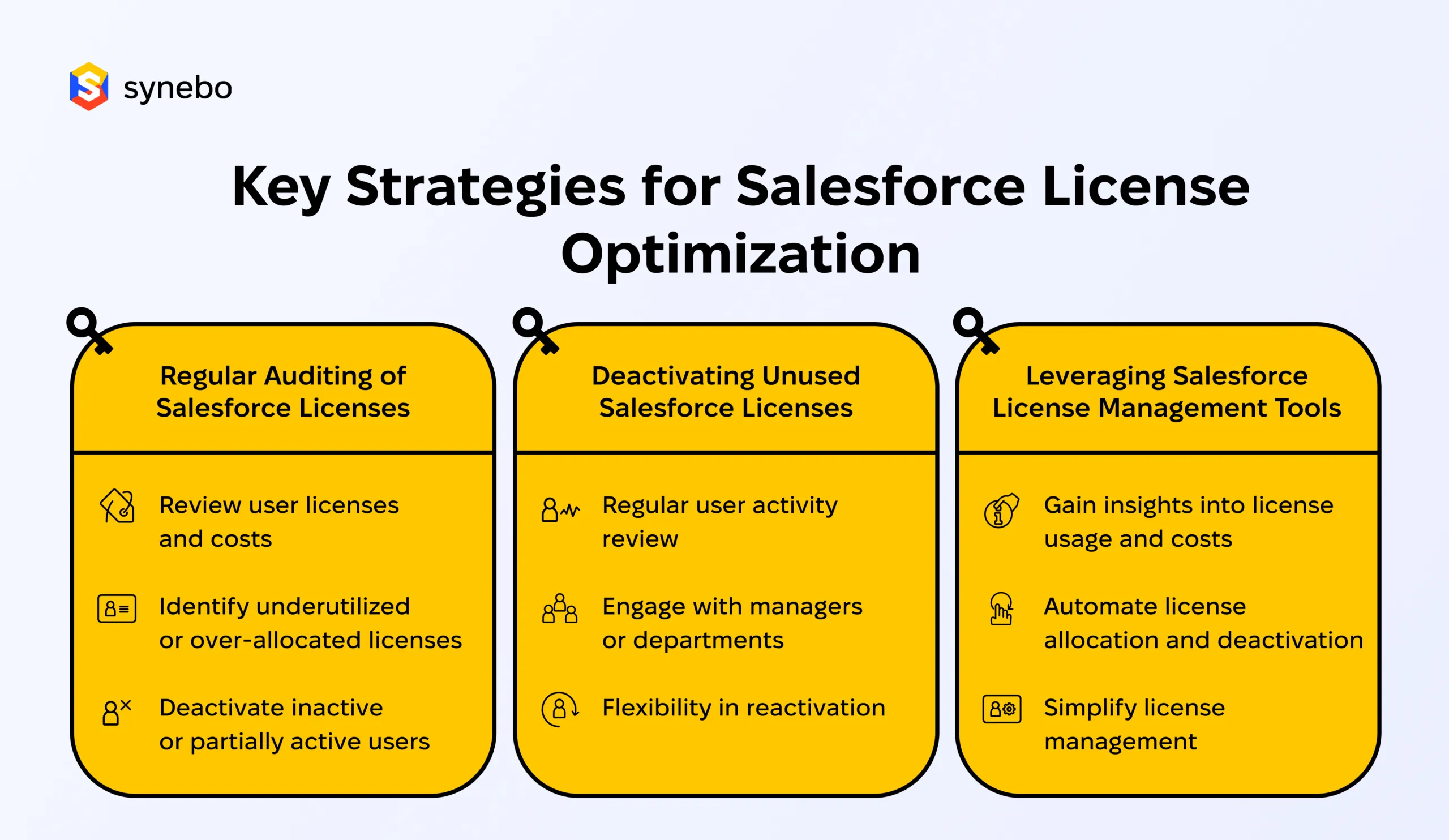
Regular Auditing of Salesforce Licenses
One critical strategy is performing regular audits of your Salesforce licenses. This involves taking the time to review your user licenses and their associated costs, and comparing them against actual usage and business requirements. Performing regular audits of your Salesforce licenses is crucial to identify any discrepancies or inefficiencies. Take the time to review your user licenses and their associated costs, and compare them against actual usage and business requirements. For example, if you have inactive or partially active users who no longer require access to Salesforce, consider deactivating their licenses to save costs.
By keeping a close eye on your license utilization, you can identify areas where licenses are underutilized or over-allocated, allowing you to make informed decisions and optimize your license allocation.
Deactivating Unused Salesforce Licenses
Deactivating unused Salesforce licenses is another effective strategy for Salesforce license optimization. Regularly reviewing user activity and identifying users who haven’t logged in for a significant period can help you identify potential candidates for license deactivation. Engaging with their respective managers or departments to determine if their access is still required is crucial. If not, consider deactivating their licenses to free up resources and reduce costs.
Remember, deactivating a Salesforce license doesn’t necessarily mean permanently removing the user from your Salesforce environment. You can always reactivate or re-assign licenses as needed in the future.
Leveraging Salesforce License Management Tools
To streamline the Salesforce license optimization process, consider leveraging Salesforce license management tools. These tools provide valuable insights into license usage, user activity, and cost analysis. They also offer automation capabilities for license allocation and deactivation, simplifying the management of your Salesforce licenses.
By utilizing these tools, you can easily track license utilization, identify potential savings opportunities, and ensure efficient license allocation across your organization.
Explore our Salesforce integration services to ensure seamless functionality and maximize your platform’s potential. Get started!
Negotiating Your Salesforce Contract
Aside from Salesforce license optimization strategies, negotiating your Salesforce contract can also play a significant role in reducing costs. Here are a few tips to help you negotiate a more favorable contract:
Preparing for Salesforce Contract Negotiation
Prior to entering into contract negotiations, it’s essential to have a clear understanding of your organization’s specific needs and objectives. Identify your key requirements, including the number of licenses, desired features, and functionality. By going into negotiations well-prepared, you can ensure that the contract aligns with your business goals and budget constraints.
Furthermore, it is crucial to gather data on your organization’s historical usage and growth projections. This information can be invaluable in negotiating Salesforce license pricing and Salesforce licensing terms that accurately reflect your organization’s future needs. By analyzing your usage patterns and growth trends, you can have a more informed discussion with Salesforce representatives, allowing you to negotiate a contract that is tailored to your unique circumstances.
Tips for Successful Salesforce Licensing Negotiation
During the Salesforce licensing negotiation process, there are several strategies you can employ to secure the best possible deal. Here are a few additional tips to consider:
- Explore bundling options. Consider bundling multiple Salesforce products or services to negotiate more favorable prices. By combining your desired products or services into a comprehensive package, you may be able to leverage your purchasing power and negotiate a better overall deal.
- Seek volume discounts. If you anticipate a significant increase in user licenses or usage, negotiate volume discounts that reflect the expected growth. By demonstrating your future growth potential, you can negotiate Salesforce license pricing that aligns with your projected needs, ensuring that you are not overpaying for licenses or services.
- Consider contract length. Longer contract terms can often result in lower per-license costs. Evaluate the benefits of committing to a longer contract against the potential risks and changing business needs. By carefully weighing the advantages and disadvantages, you can make an informed decision that optimizes both cost savings and flexibility.
- Engage with Salesforce representatives. Develop a strong working relationship with your Salesforce account representative. They can be a valuable resource in negotiating favorable terms and identifying cost-saving opportunities. By fostering open communication and collaboration, you can establish a mutually beneficial partnership that goes beyond the initial contract negotiation.
Remember, Salesforce licensing negotiation is an opportunity to shape the agreement to best suit your organization’s needs. By being well-prepared, strategic, and collaborative, you can secure a contract that not only reduces costs but also aligns with your long-term business objectives.
Confused about which Salesforce edition to choose? Our detailed comparison guide will help you make an informed decision.
Exploring Salesforce Alternatives
While Salesforce is a robust and widely-used CRM platform, it’s essential to periodically evaluate whether it’s still the right fit for your organization. Exploring alternative CRM solutions can help you identify potential cost savings and improved functionality.
As organizations evolve and grow, their CRM needs may change, requiring a reevaluation of their CRM platform. This process of exploring alternatives ensures that businesses stay agile and responsive to their changing requirements. By considering a range of CRM solutions, organizations can stay ahead of the curve and make informed decisions about their technology stack.
When to Consider Salesforce Alternatives
If your organization is experiencing significant difficulties or limitations with Salesforce, such as high costs, complex implementation, or lack of desired features, it may be time to explore alternatives. Consider conducting a thorough analysis of your organization’s CRM requirements and evaluate alternative CRM solutions that better align with your needs and budget.
Furthermore, changes in business strategy or market dynamics may necessitate a shift to a different CRM platform. By proactively exploring alternatives, organizations can ensure that their CRM system remains a strategic asset that supports their business objectives effectively.
Factors to Consider in Salesforce Alternatives
When evaluating alternative CRM solutions, there are several key factors to consider:
- Cost. Assess the total cost of ownership for each alternative, including Salesforce licensing fees, implementation costs, and ongoing maintenance expenses.
- Functionality. Evaluate whether the alternative solutions offer the specific features and functionality that your organization requires.
- Integration capabilities. Consider how well the alternative solutions integrate with your existing systems and processes.
- User adoption. Analyze the ease of use and user adoption potential for each alternative solution, as successful adoption is crucial for maximizing ROI.
By carefully evaluating these factors and conducting thorough research, organizations can make informed decisions when considering Salesforce alternatives. It’s essential to take a holistic approach to CRM evaluation, considering not just the current state of the organization but also its future growth and scalability requirements.
Learn about the costs associated with hiring a Salesforce consultant and how it can be a worthwhile investment for your business.
Training and Support for Salesforce Users
Investing in comprehensive training and support for your Salesforce users can go a long way in reducing Salesforce license costs in the long run. By ensuring that your users have the necessary knowledge and skills to effectively utilize Salesforce, you can minimize errors, increase efficiency, and maximize the value of your licenses.
When it comes to training, it’s not just about the initial onboarding process. Continuous training and upskilling are essential to keep up with Salesforce updates and new features. Regular training sessions or access to online learning platforms can help users stay current and make the most of the platform’s capabilities.
Importance of Training in Reducing Salesforce License Cost
Well-trained users are more likely to fully leverage the capabilities of Salesforce, reducing the need for expensive workarounds or third-party tools. Additionally, comprehensive training can help users avoid common pitfalls and use Salesforce in a manner that aligns with best practices, increasing overall efficiency and productivity.
Moreover, training can empower users to customize Salesforce to better suit their specific needs, eliminating the reliance on costly custom development or external consultants for minor adjustments.
Utilizing Salesforce Support to Minimize Costs
Make sure to leverage the support resources provided by Salesforce to address any issues or questions your users may have. Salesforce offers a robust support system, including documentation, knowledge base articles, and a support community where users can collaborate and find solutions to common challenges.
By encouraging your users to utilize these resources, you can minimize the need for external support or expensive consultants, further reducing your license costs.
Additionally, taking advantage of Salesforce’s user groups and events can provide valuable networking opportunities for your team. Connecting with other Salesforce users can lead to knowledge sharing, best practice discussions, and potential collaborations, all of which can enhance your team’s expertise and efficiency in using the platform.
Discover the benefits of Salesforce for SaaS companies and how it can drive growth and efficiency in your organization.
Final Take
Salesforce cost savings and optimization requires a comprehensive and strategic approach. You can effectively reduce your license costs without compromising functionality or efficiency by following the key strategies outlined in our guide.
Here’s a quick recap of the key strategies discussed:
- Choose the right Salesforce license for each user based on their specific needs and roles.
- Regularly audit and optimize your license allocation to eliminate unused or underutilized licenses.
- Leverage Salesforce license management tools to streamline the license management process.
- Prepare thoroughly and utilize negotiation strategies to secure favorable contract terms.
- Explore alternative CRM solutions if Salesforce no longer meets your organization’s needs.
- Invest in comprehensive training and support for your Salesforce users to maximize their efficiency and reduce the need for external support.
By implementing these strategies and best practices, you can effectively reduce your Salesforce license costs, maximize your return on investment, and ensure that your organization benefits from the full potential of this powerful CRM platform.
Ready to take the next step in optimizing your Salesforce investment? Synebo is here to guide you through every aspect of Salesforce customization and efficiency. As a certified Salesforce partner and PDO, we specialize in helping businesses like yours with Salesforce consulting, development, integration, and much more.
Don’t let Salesforce license costs hold you back — contact us today for expert assistance.


